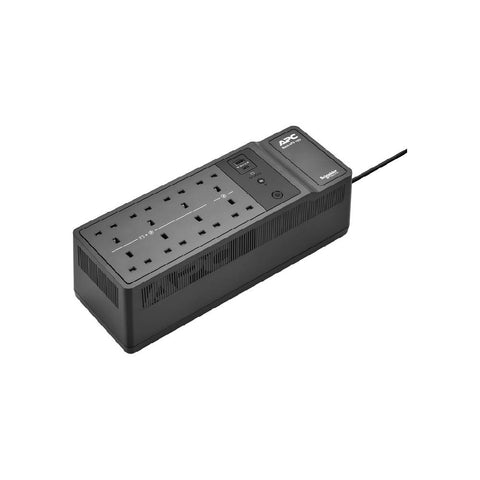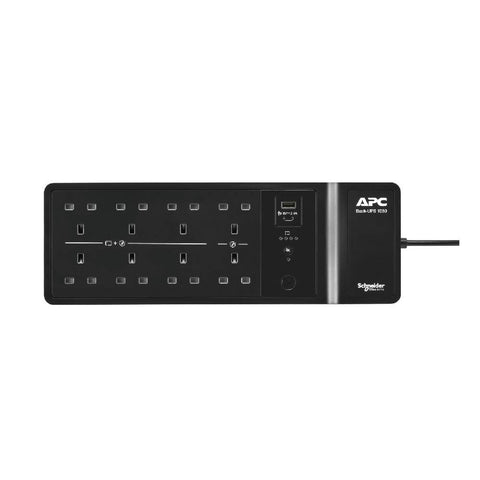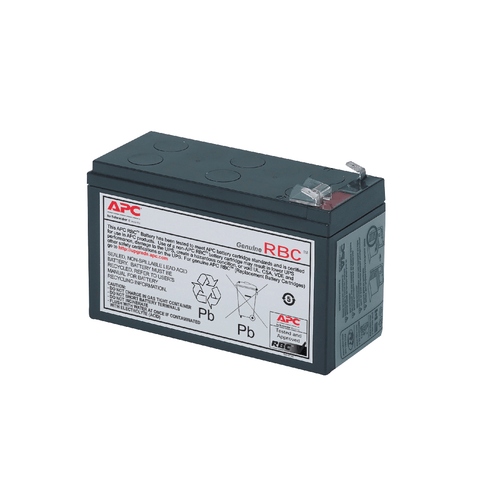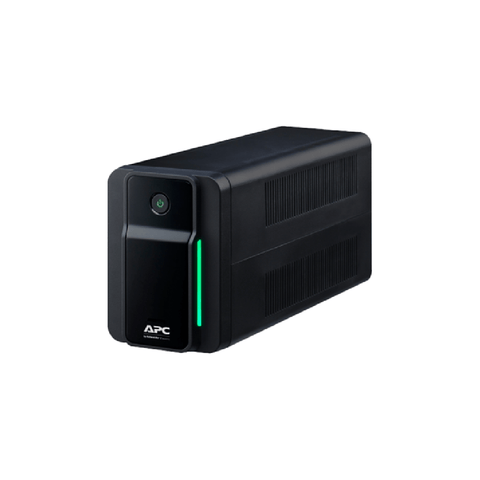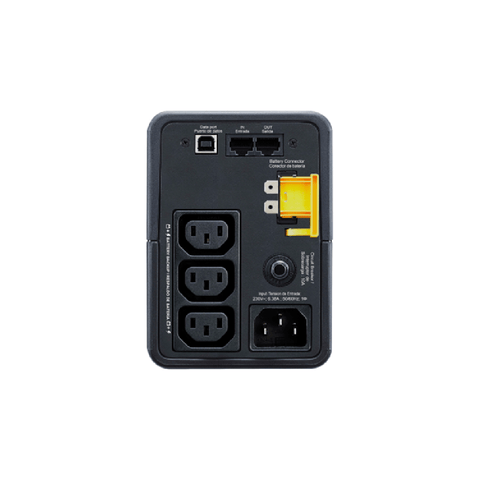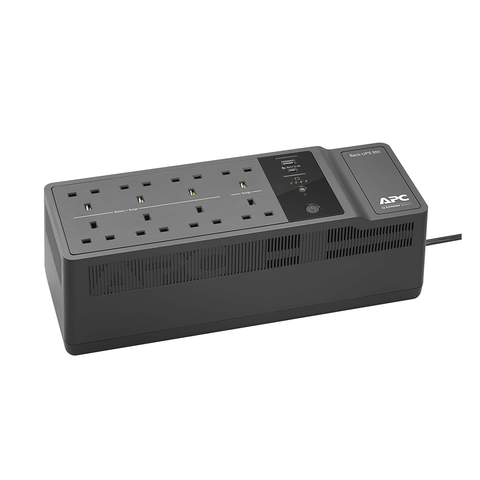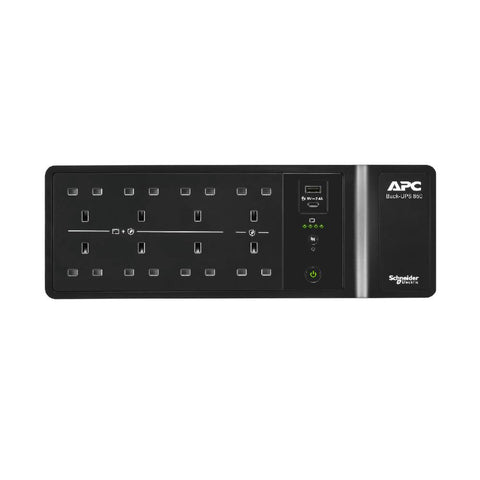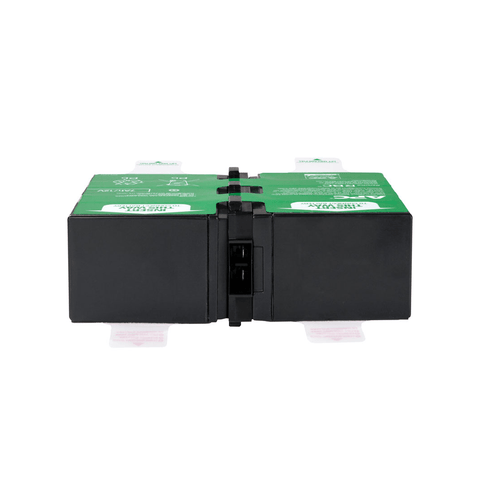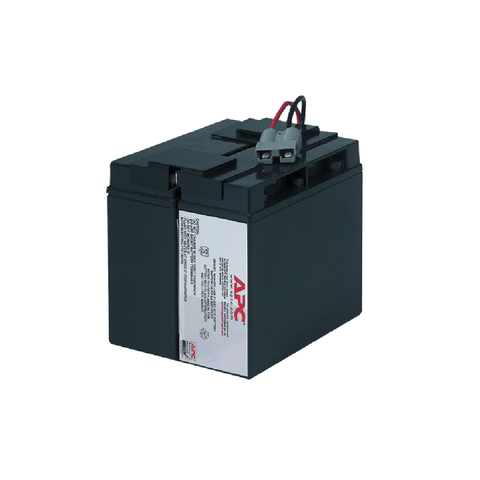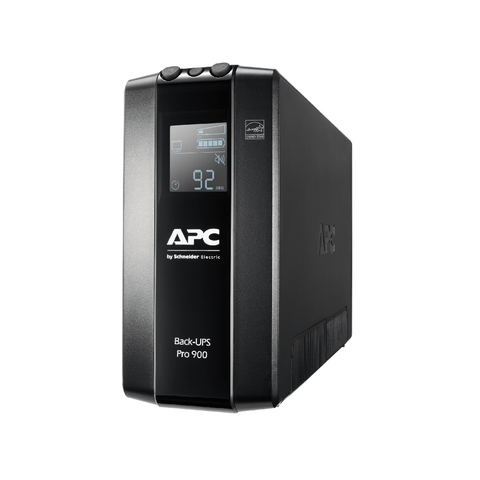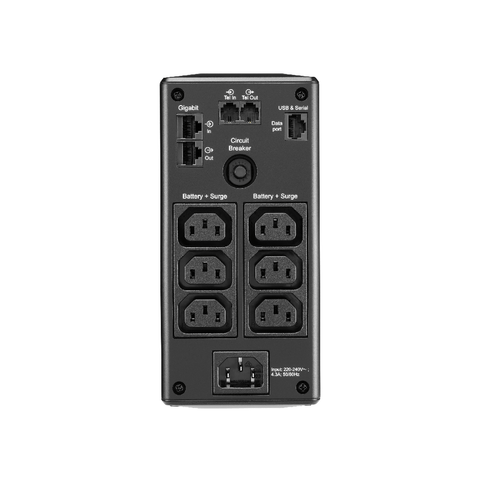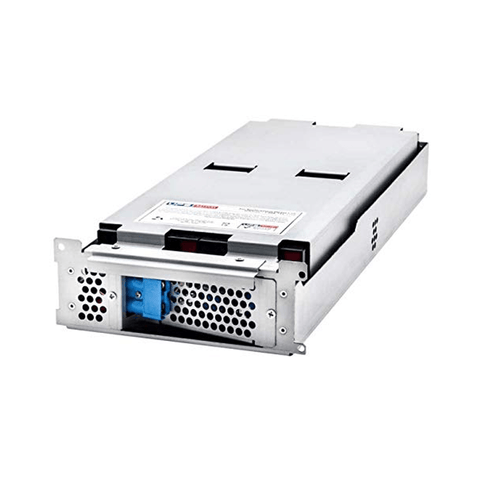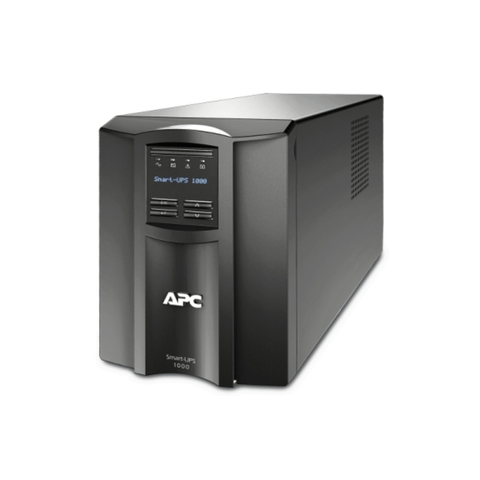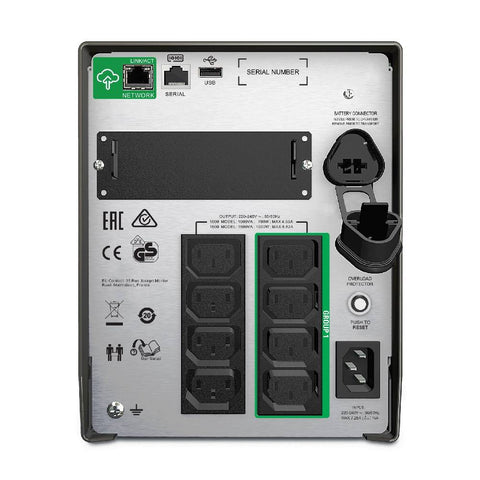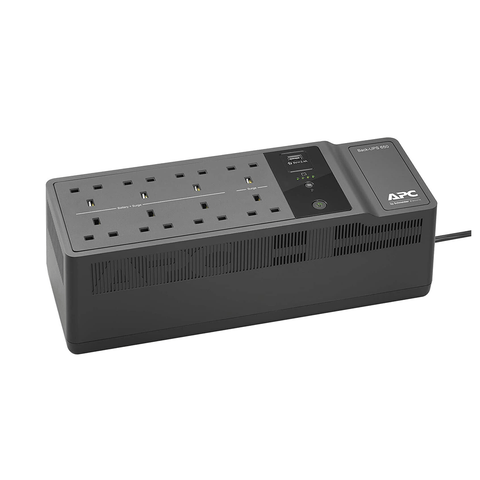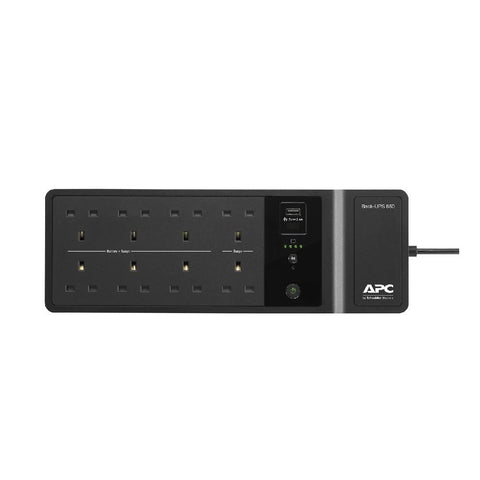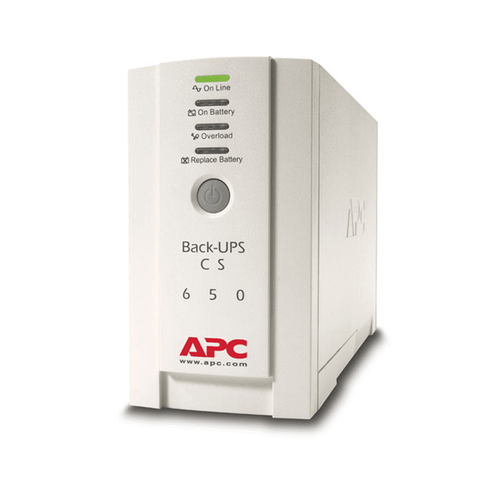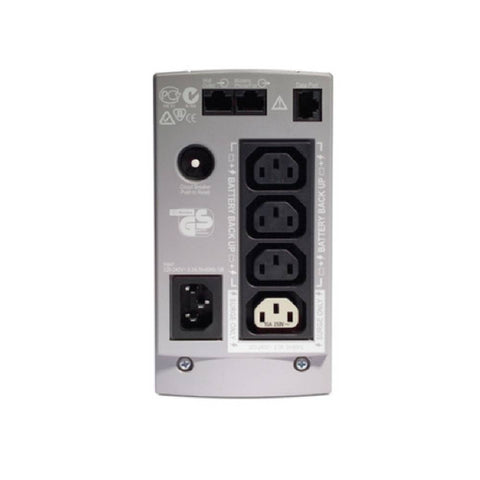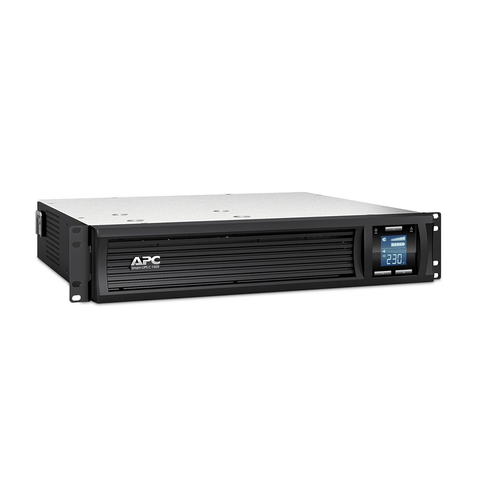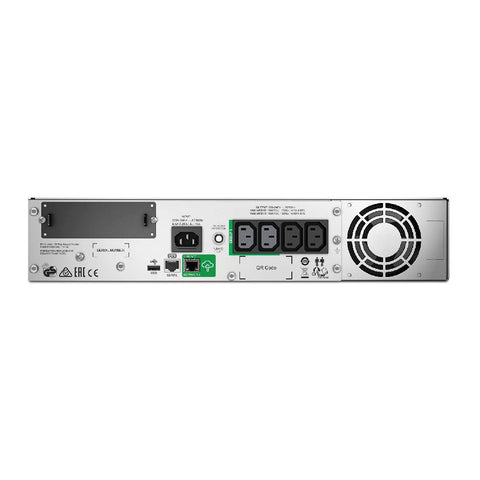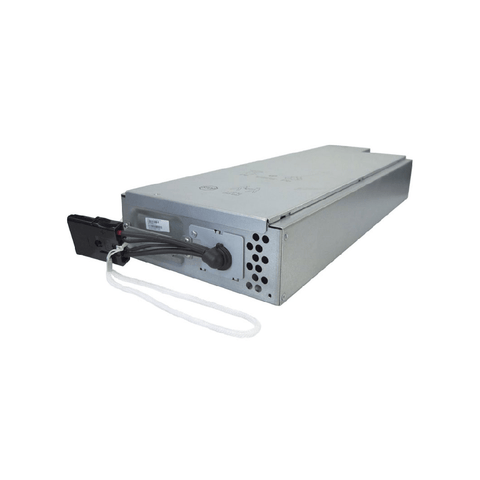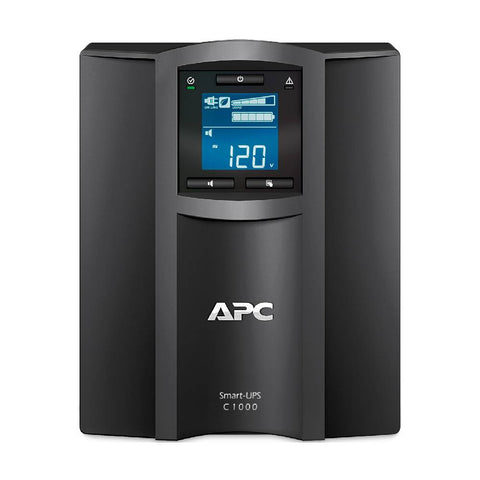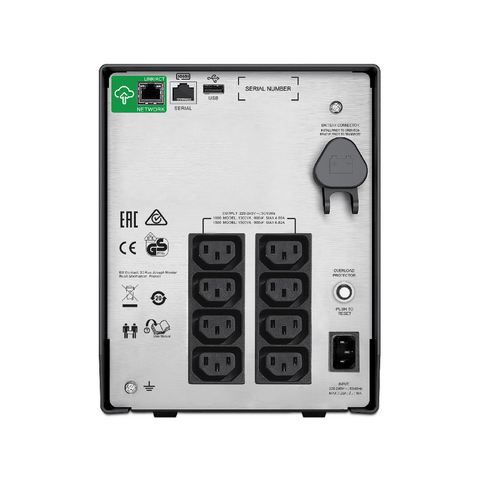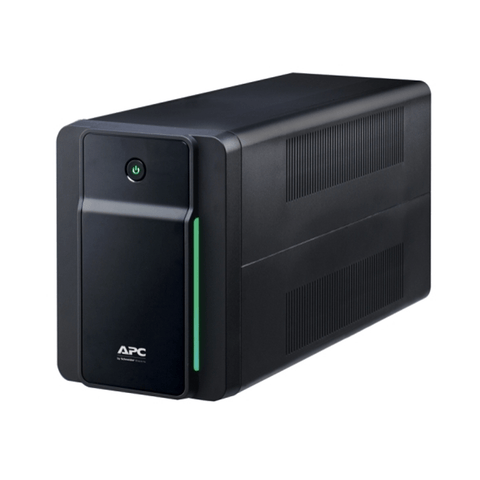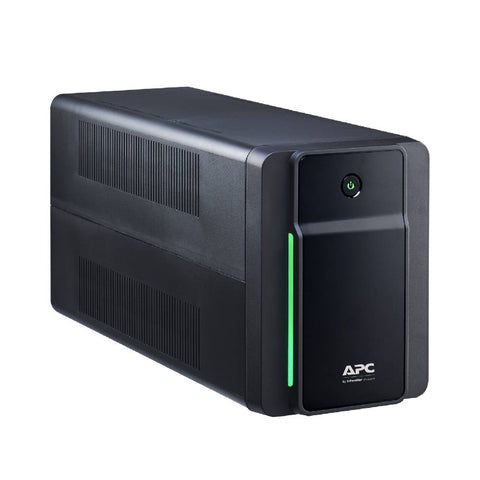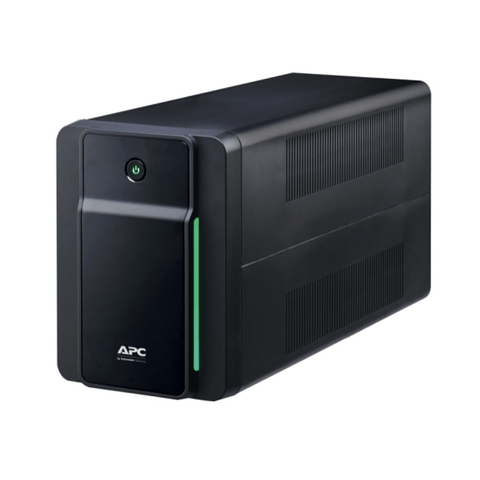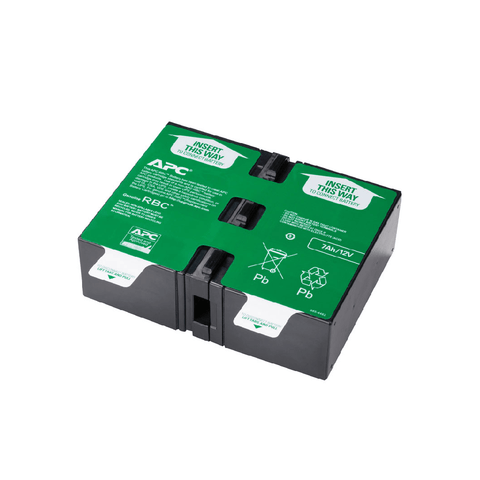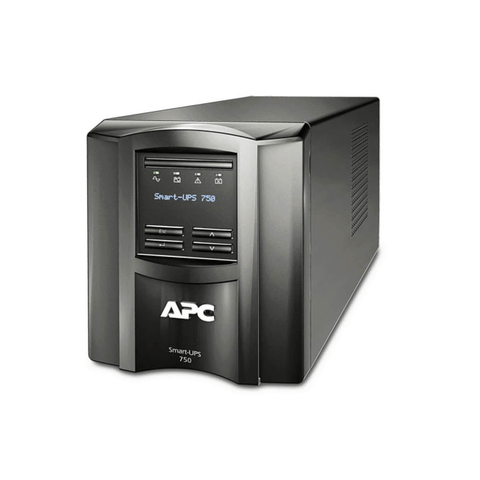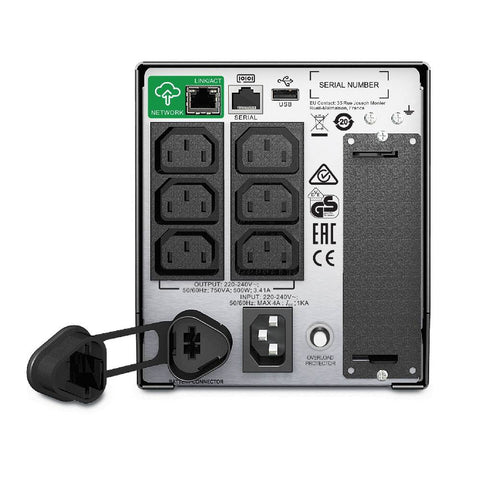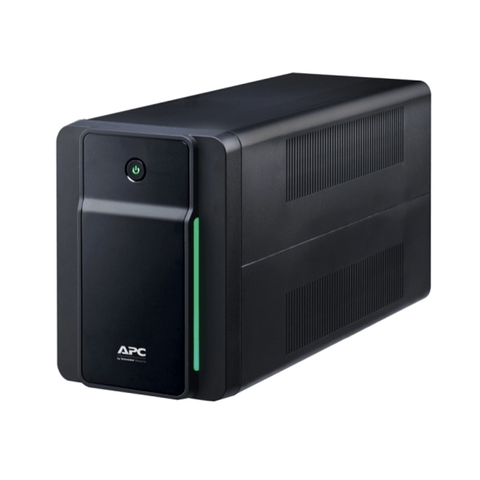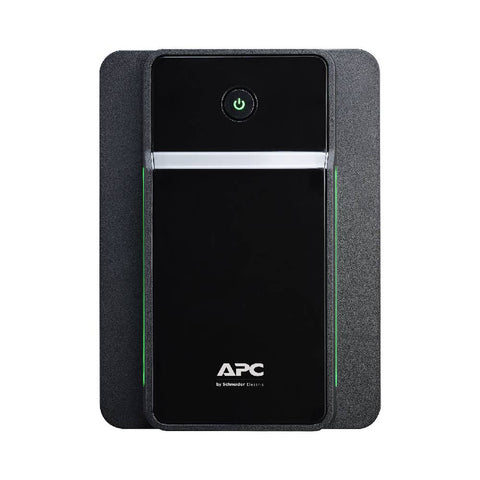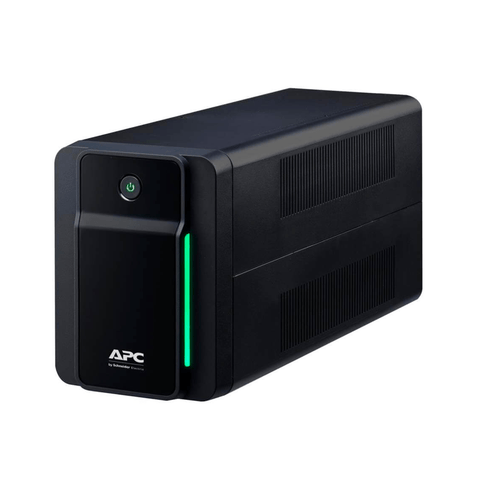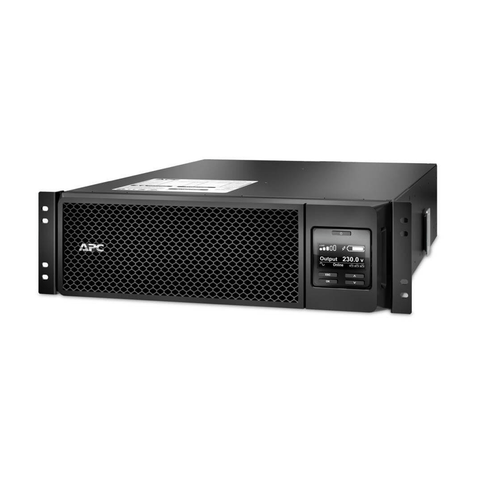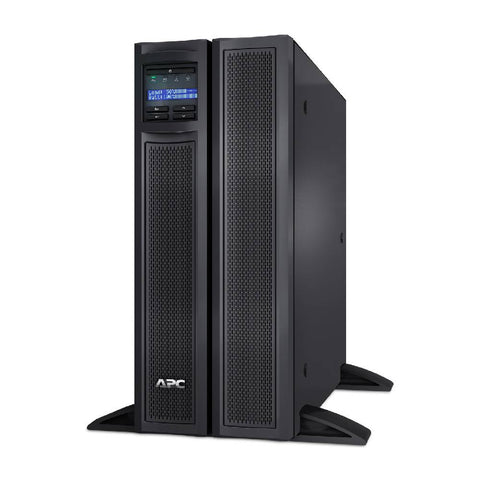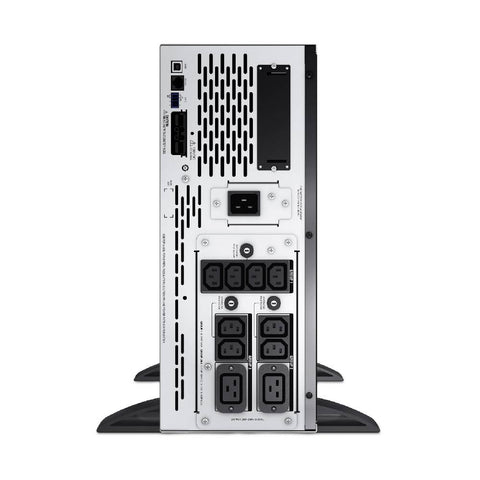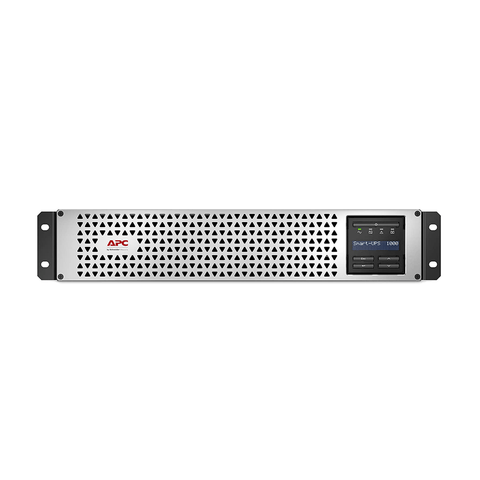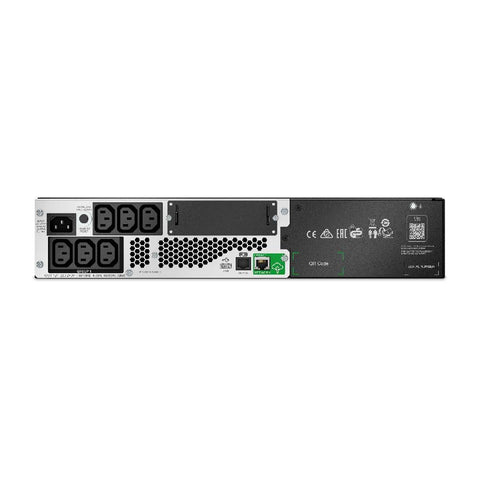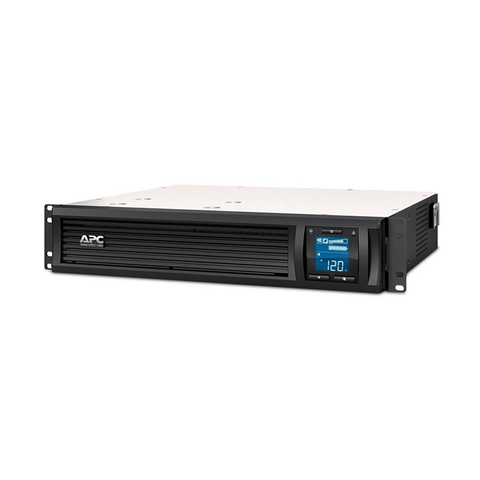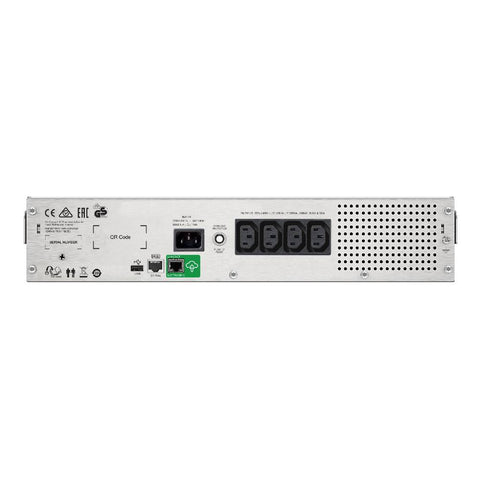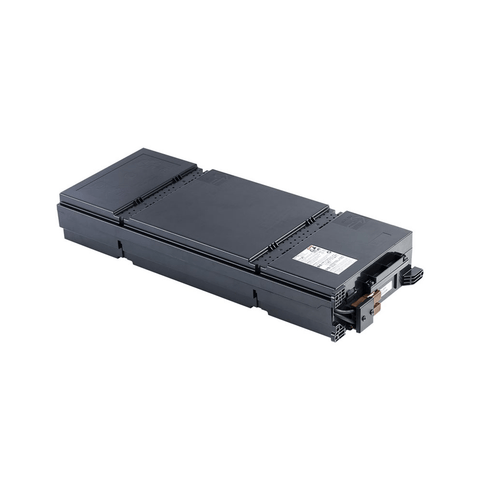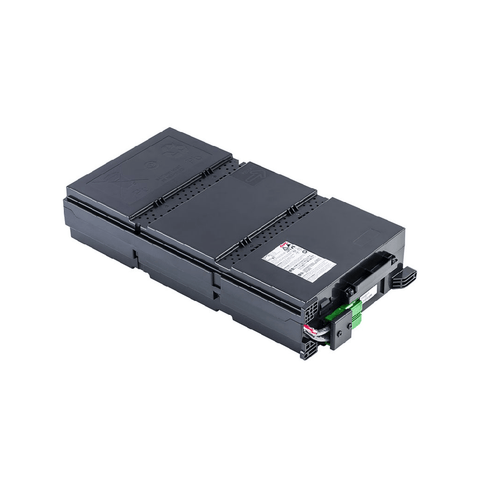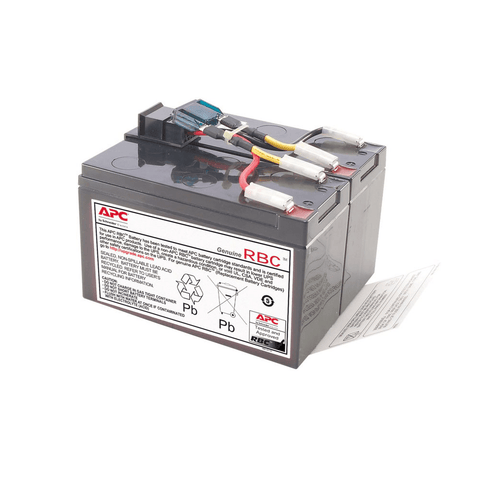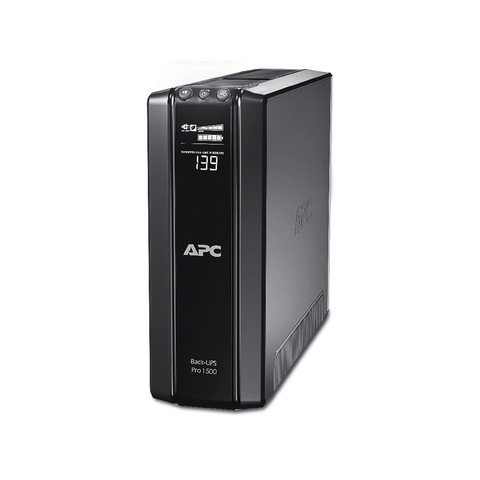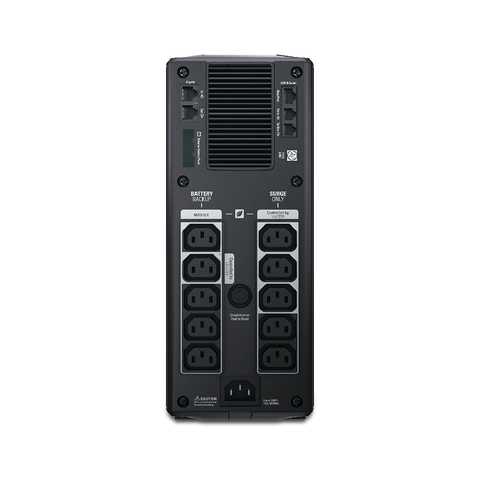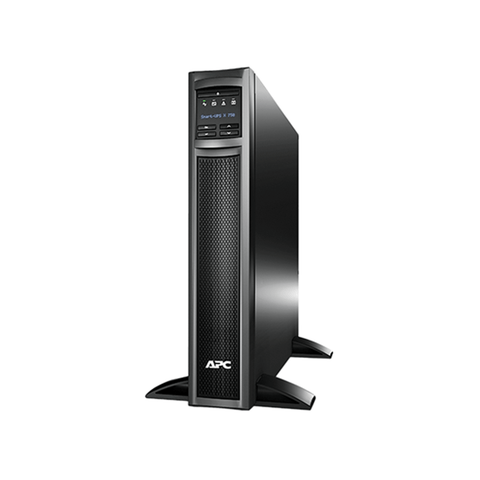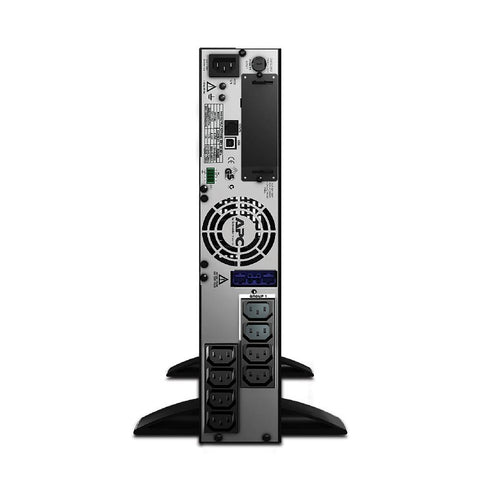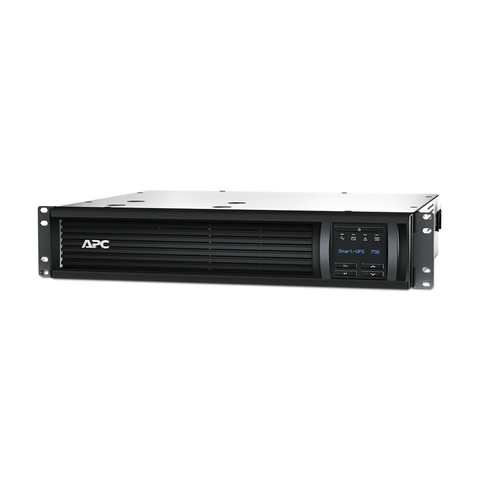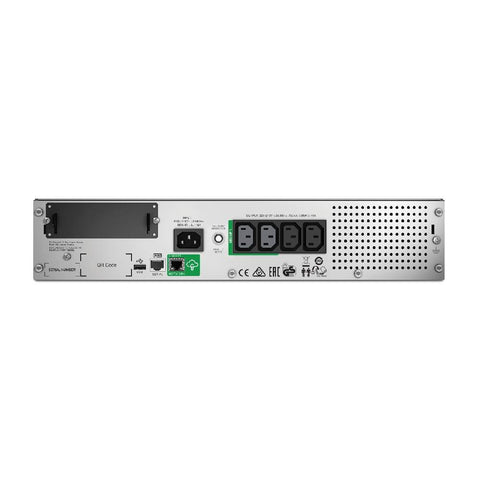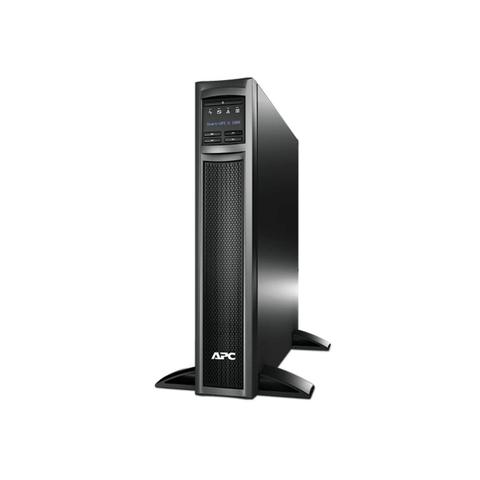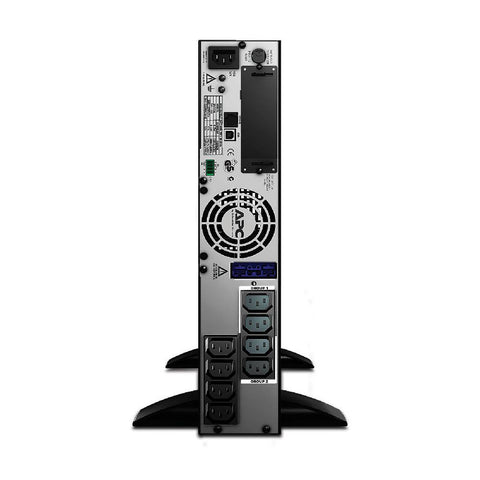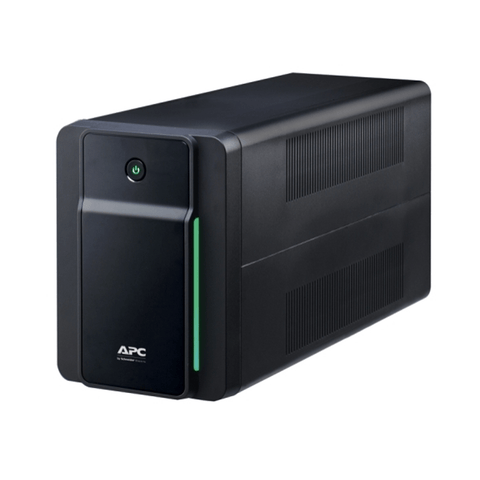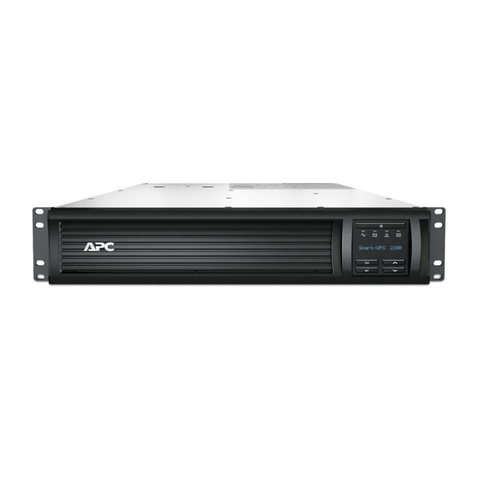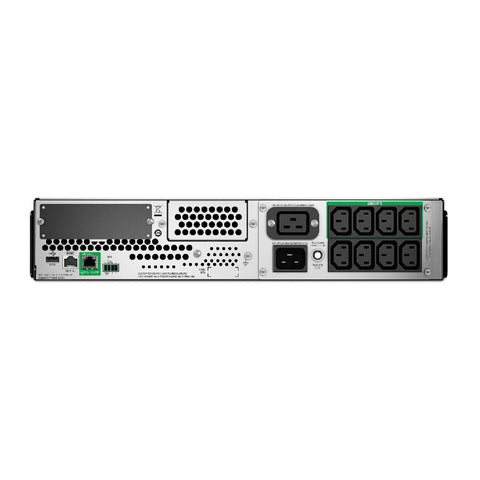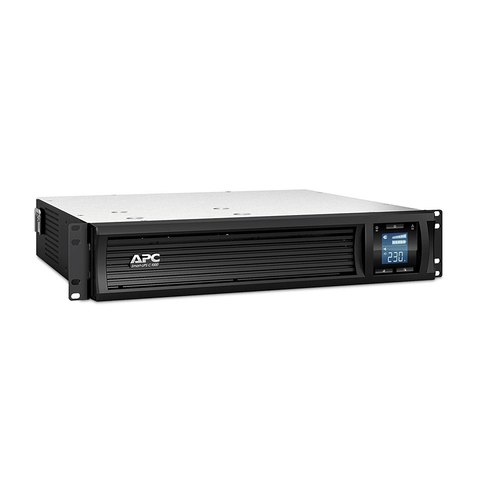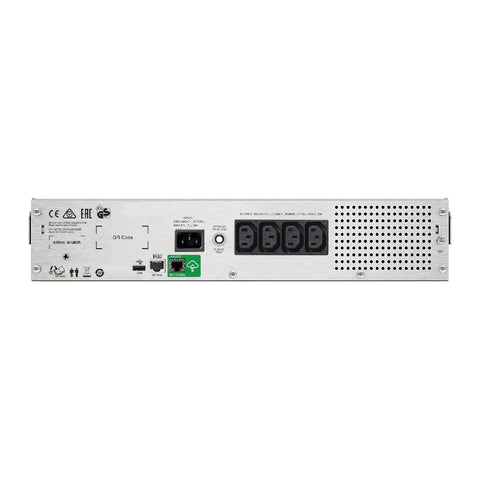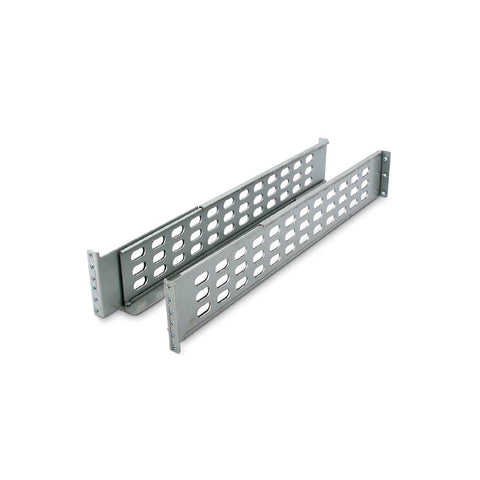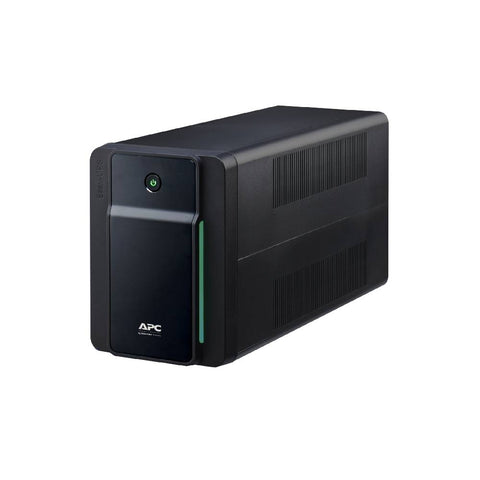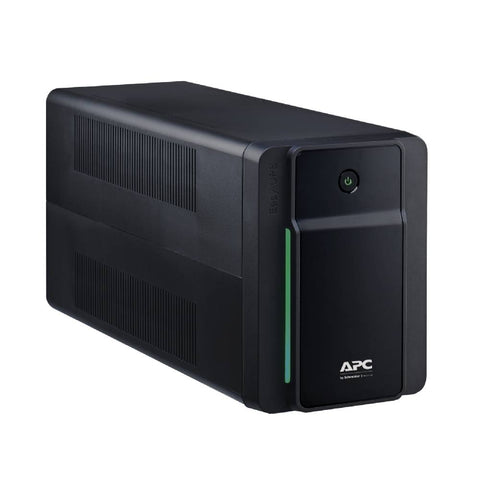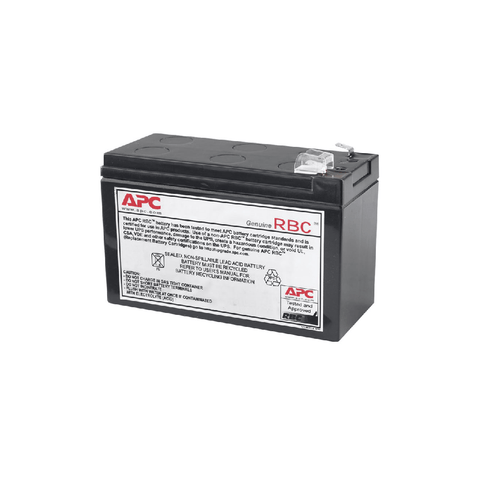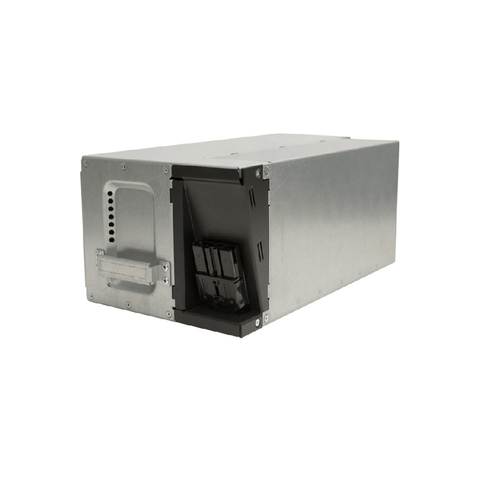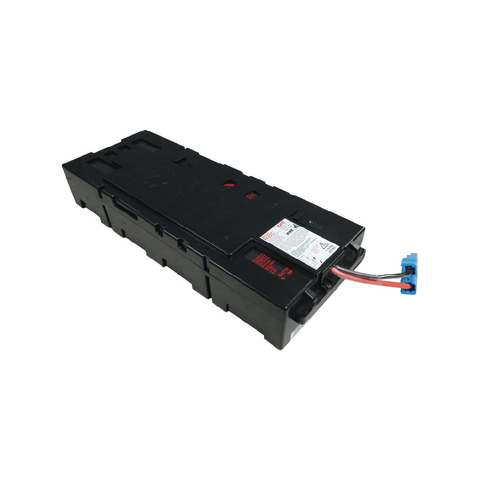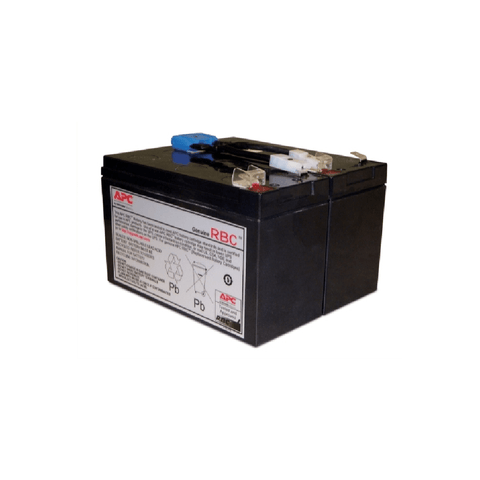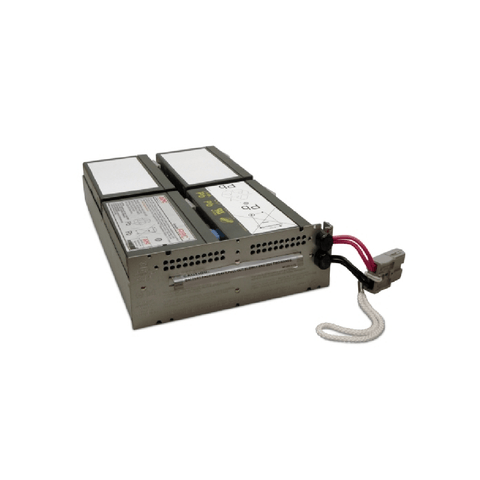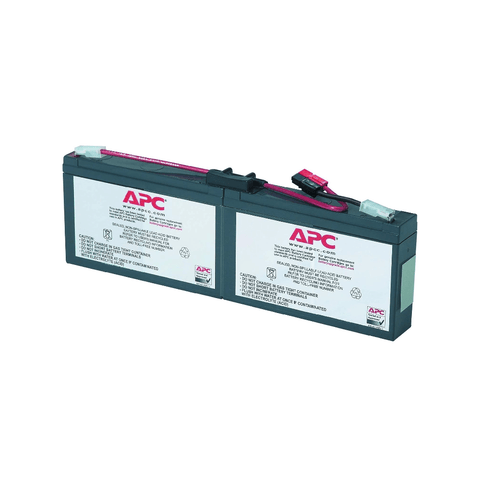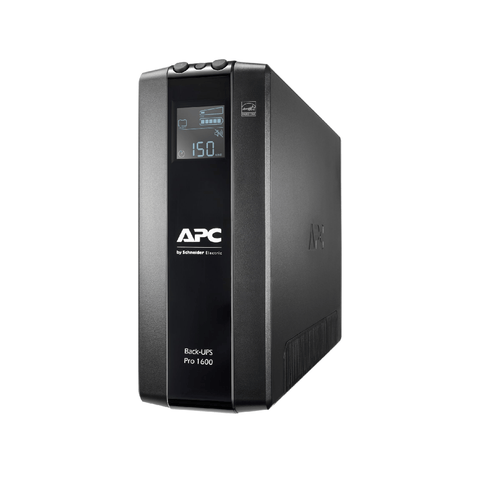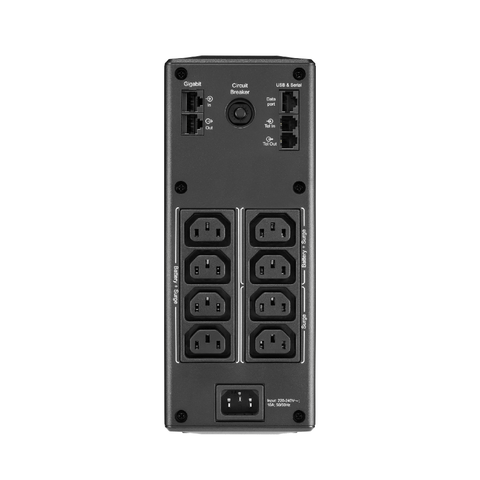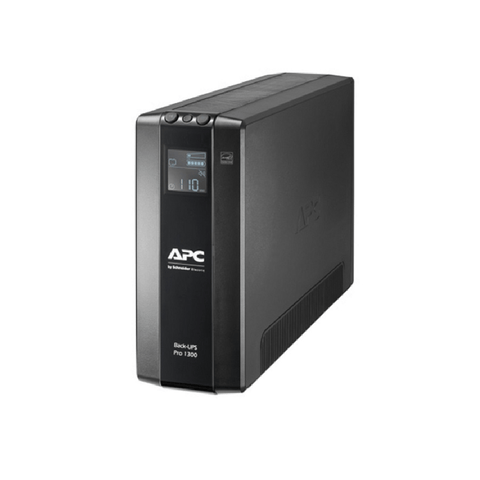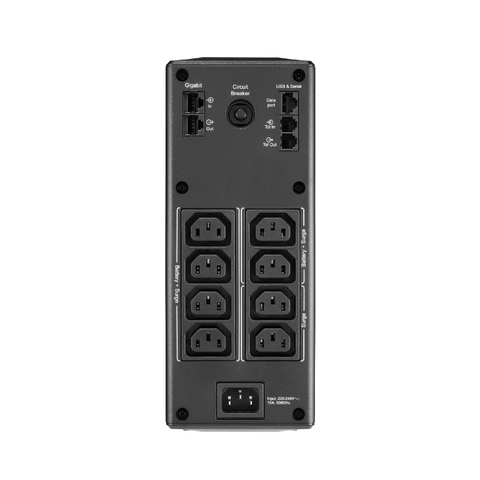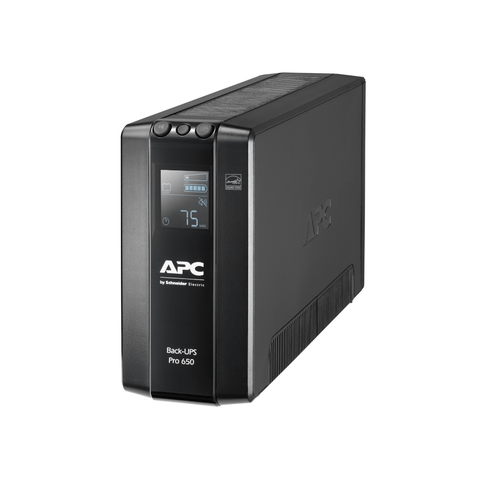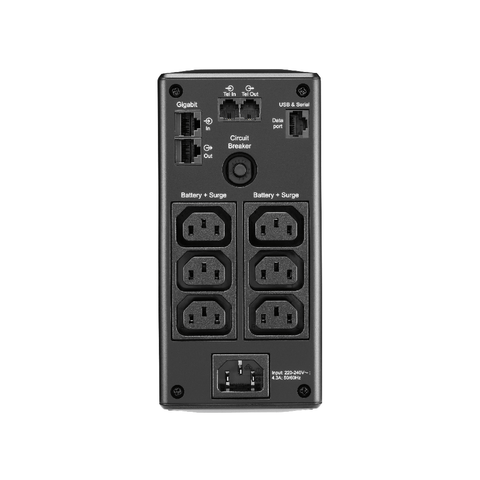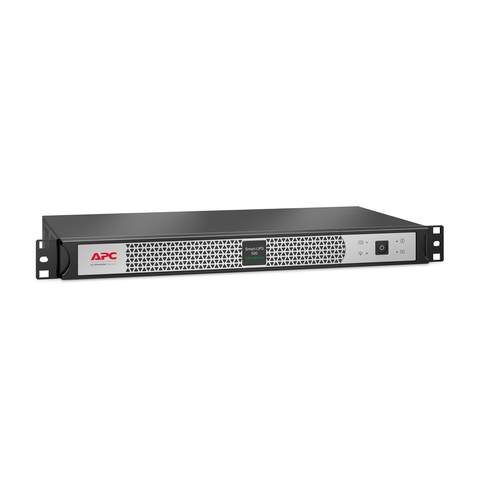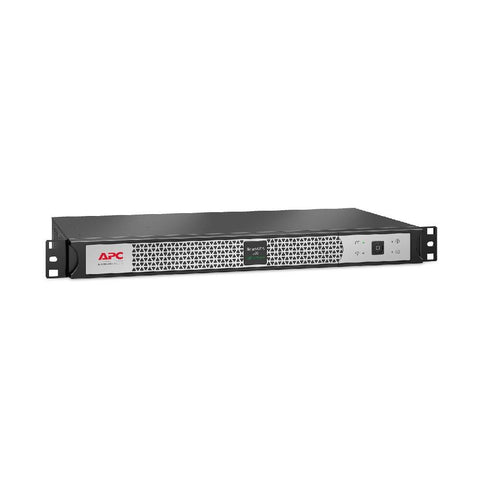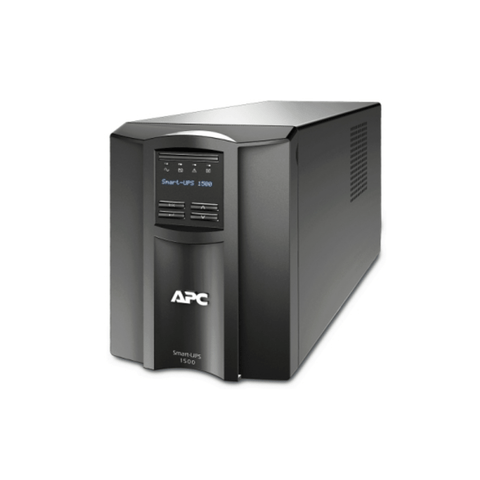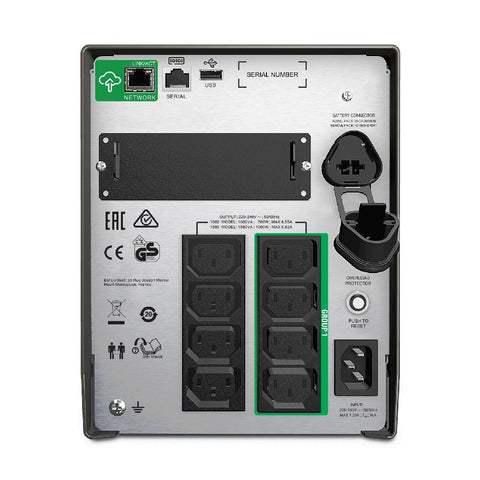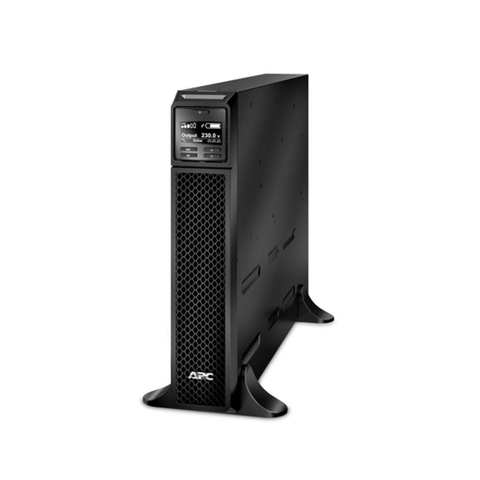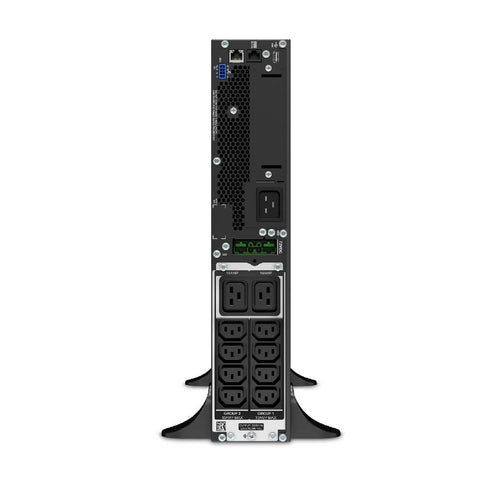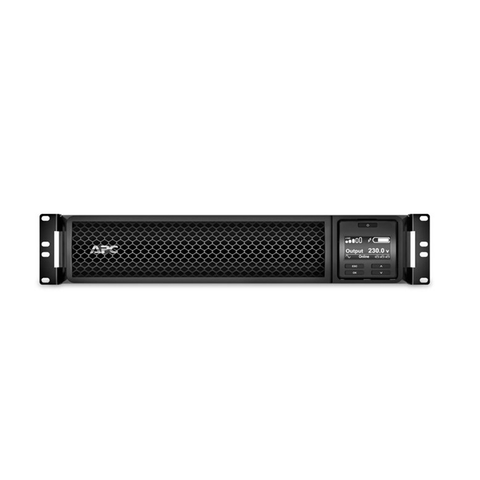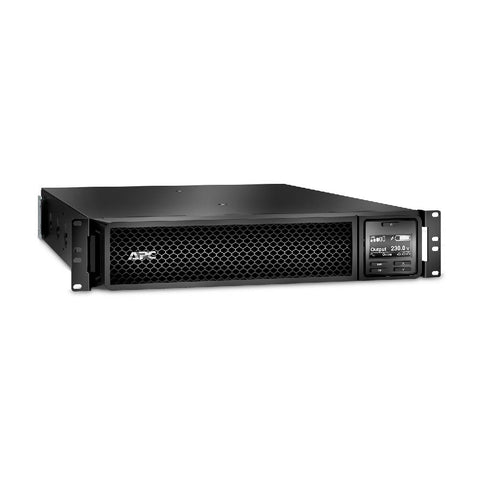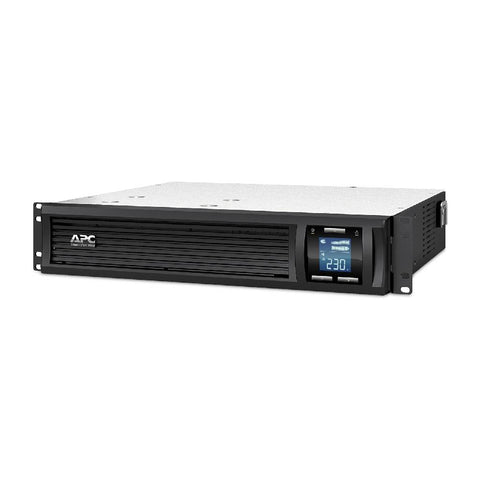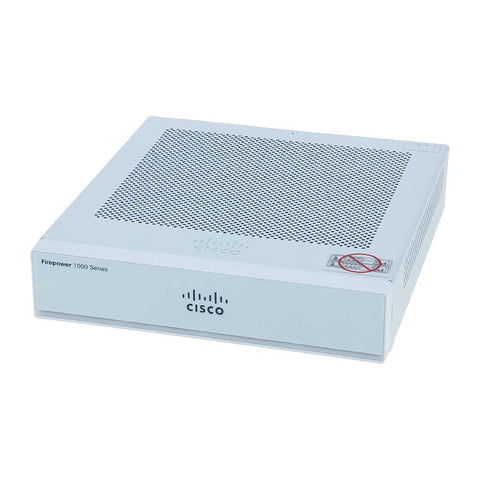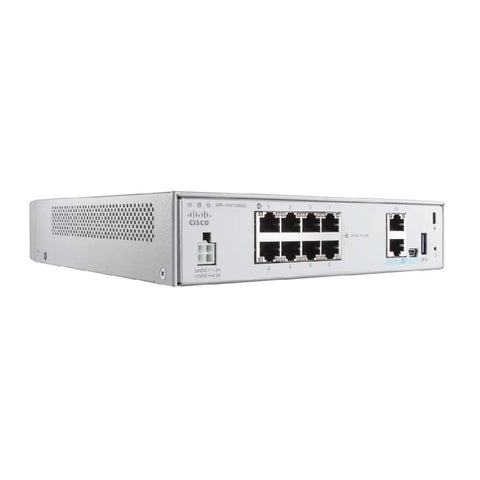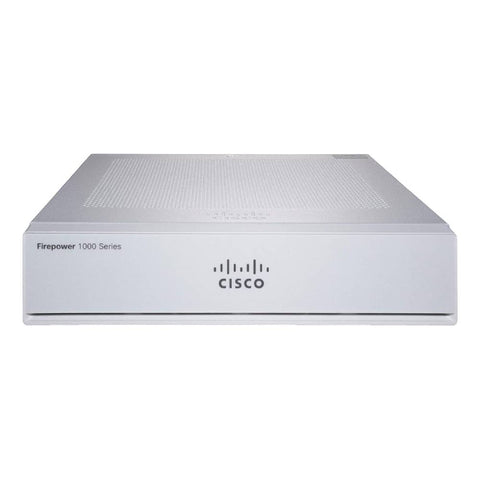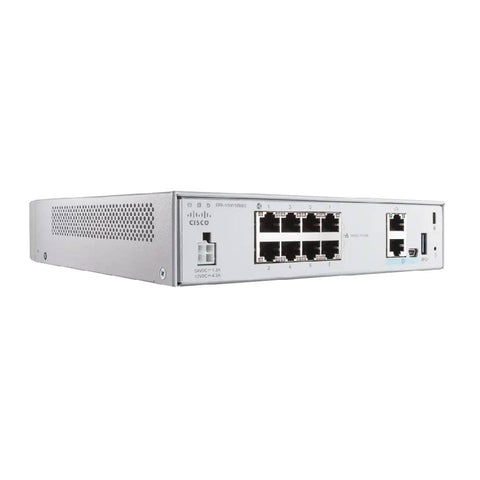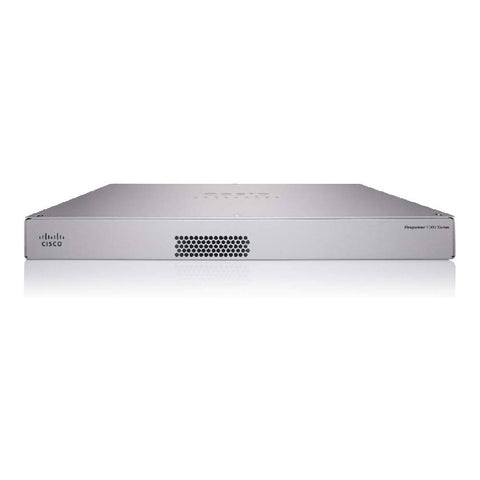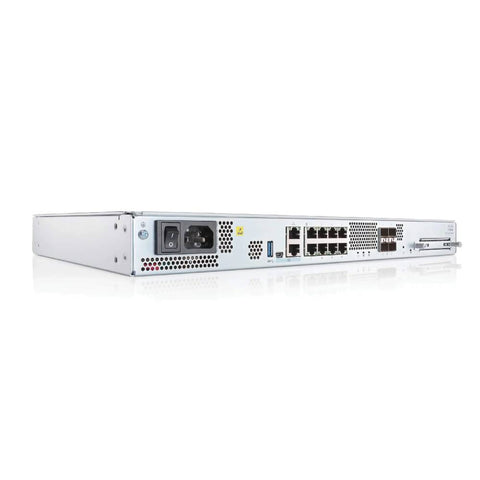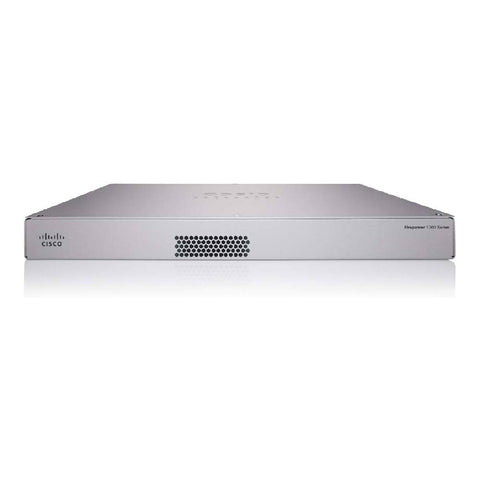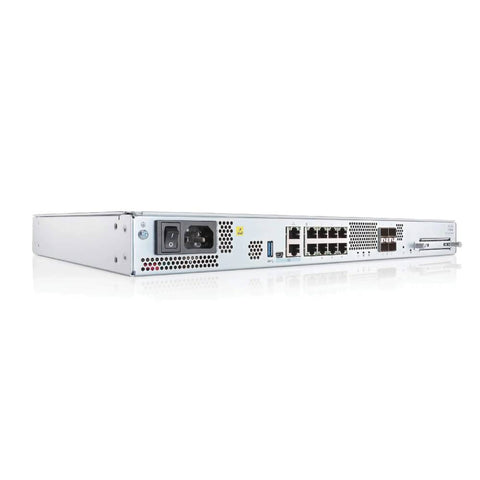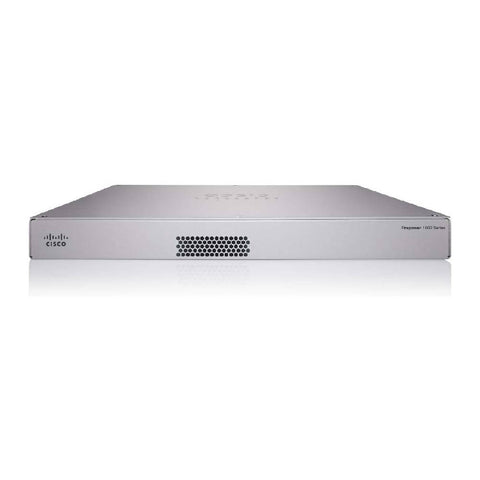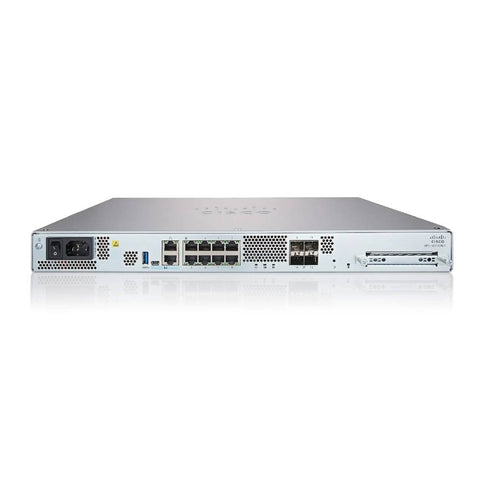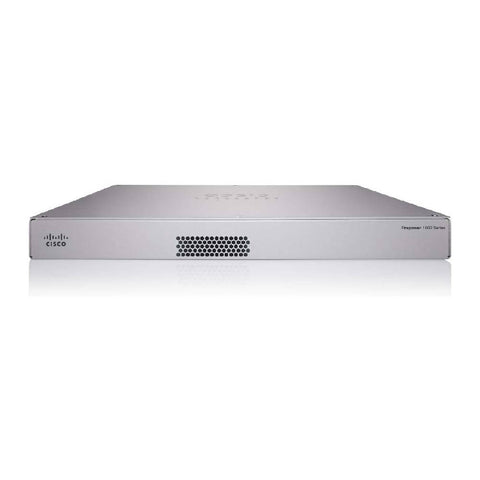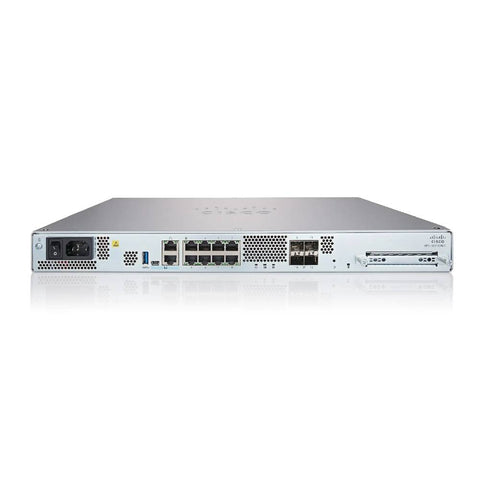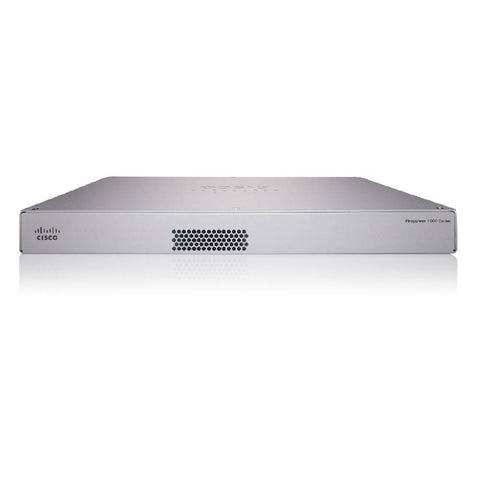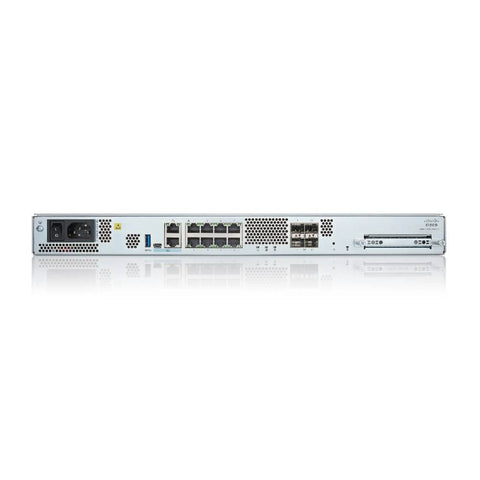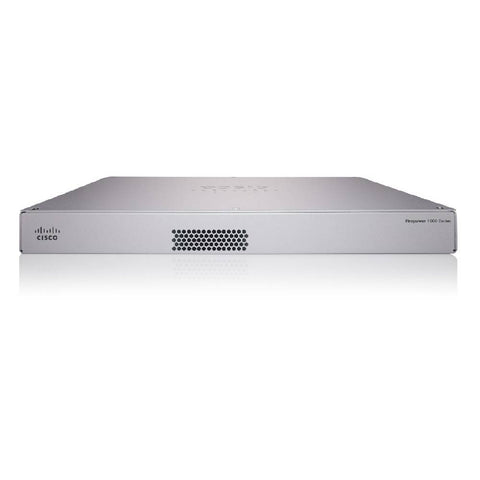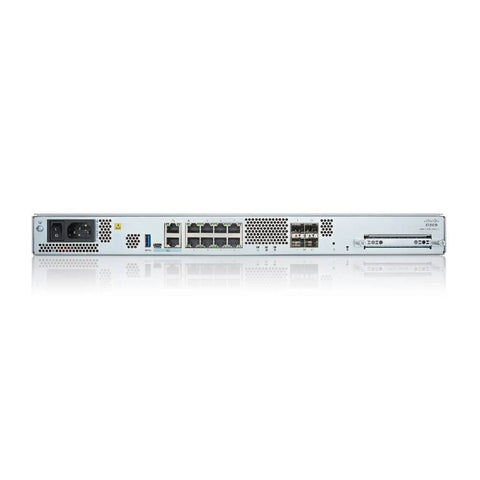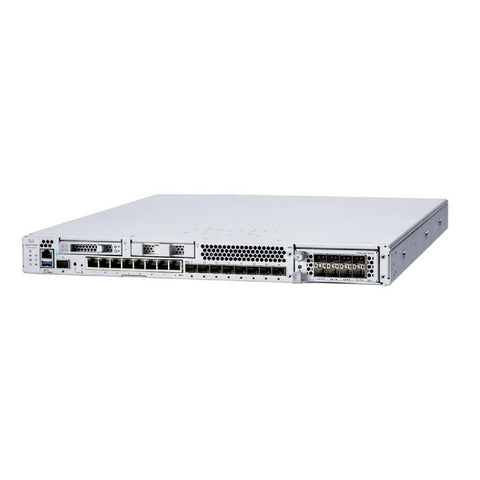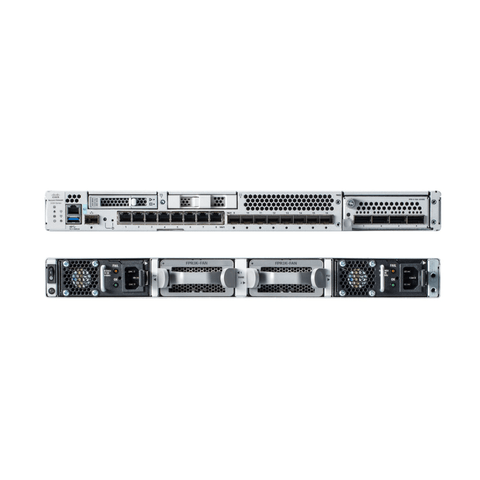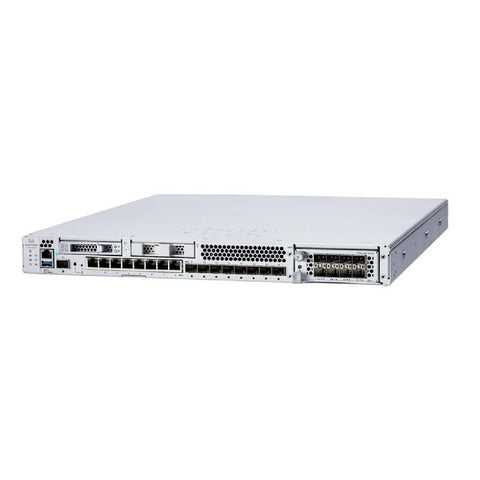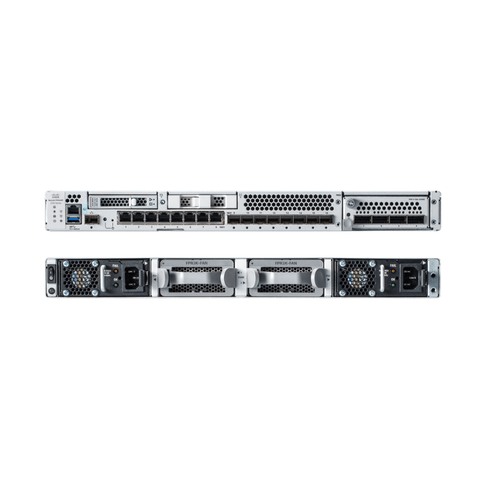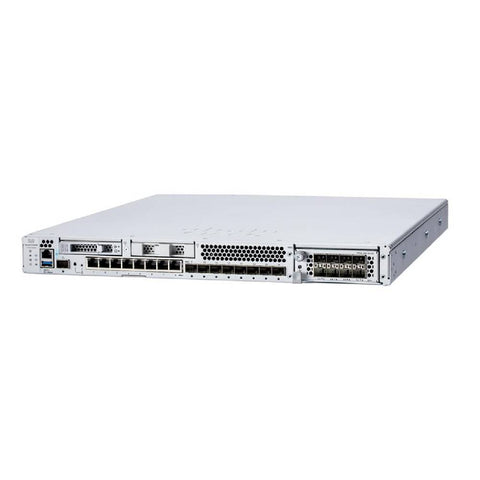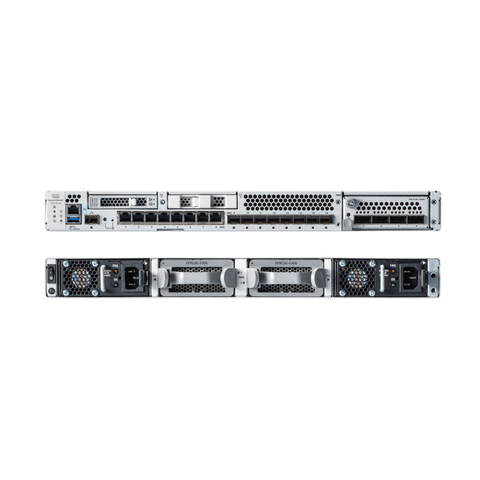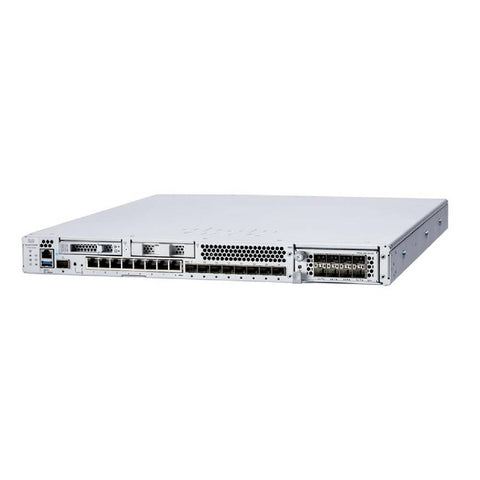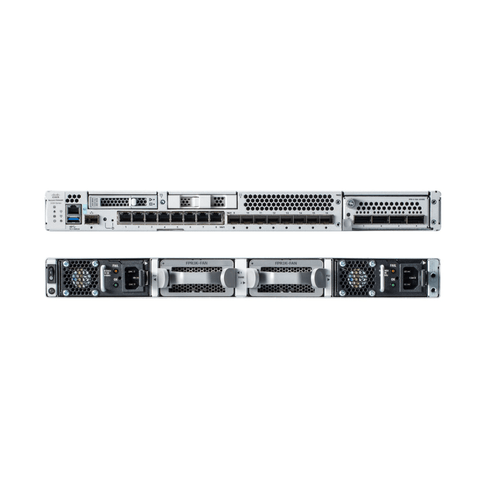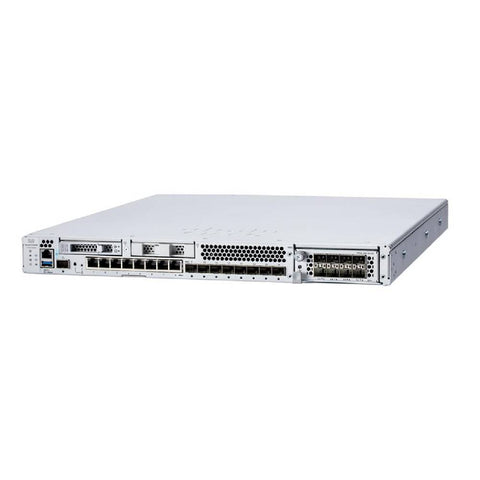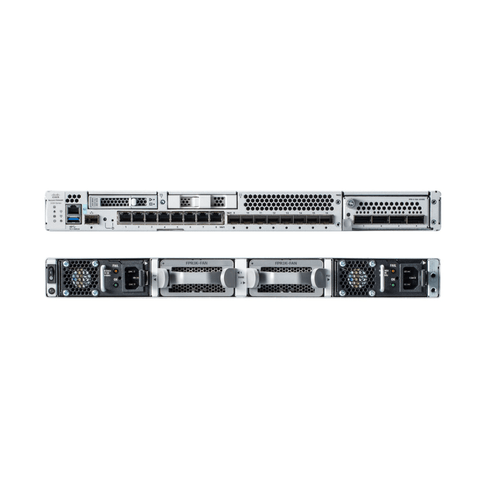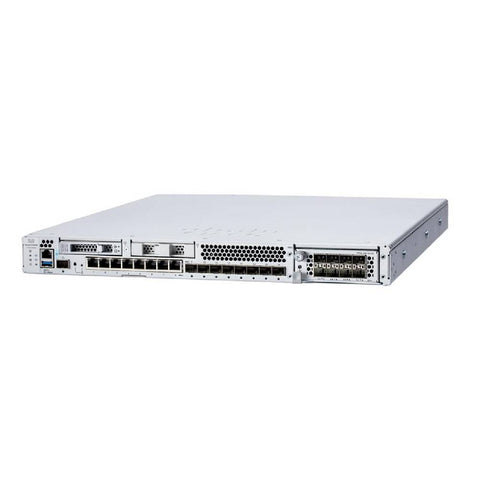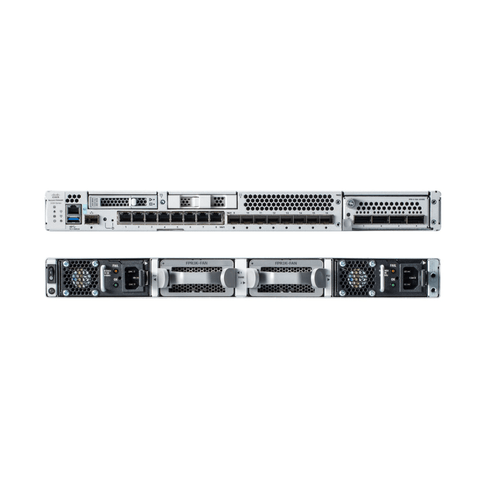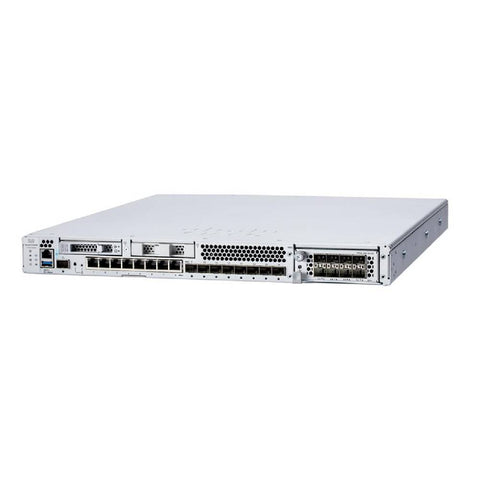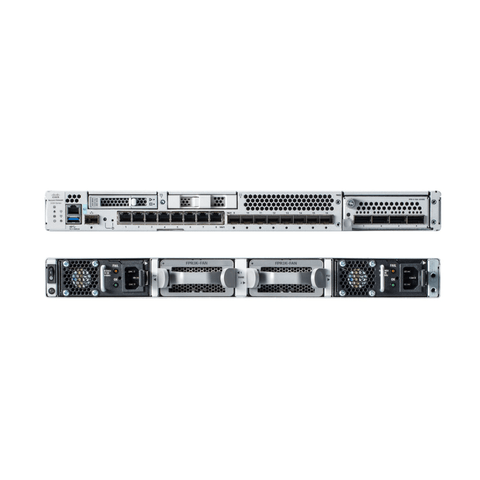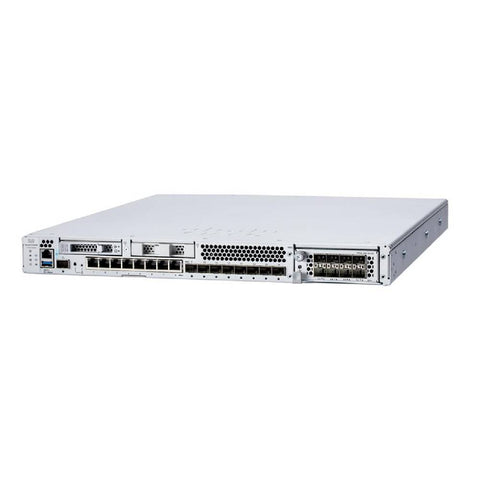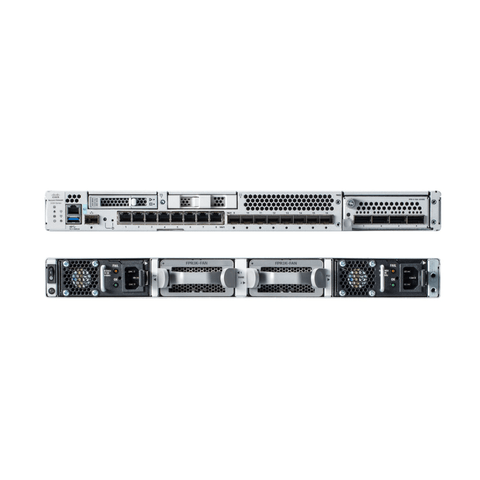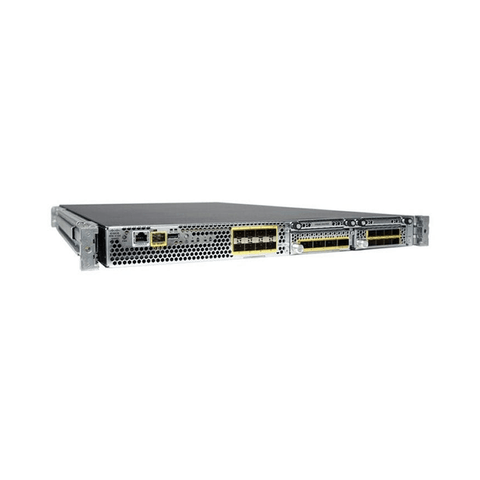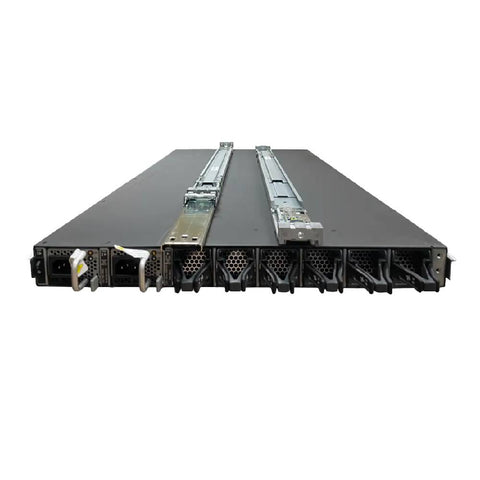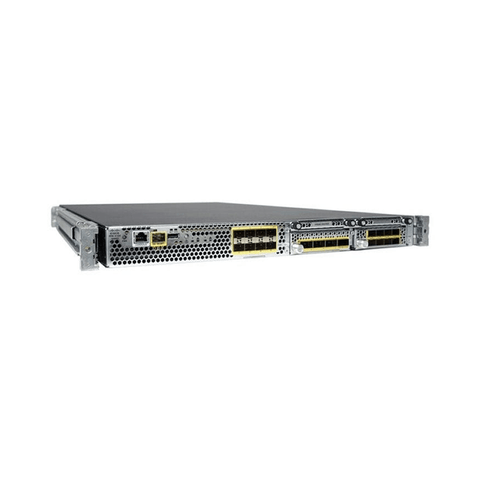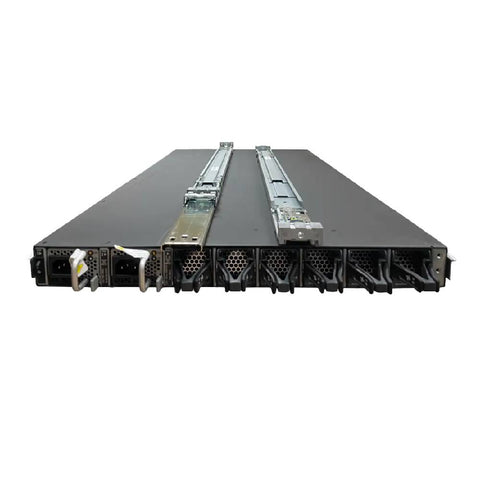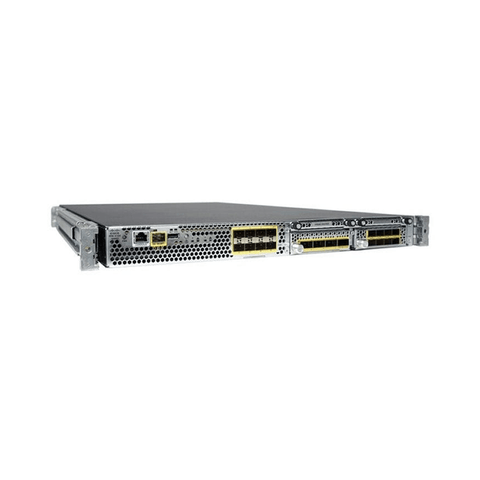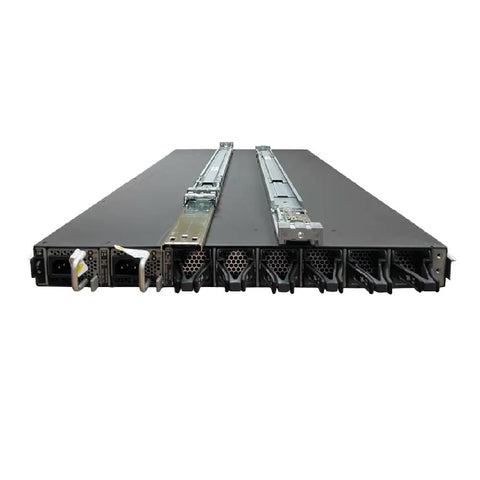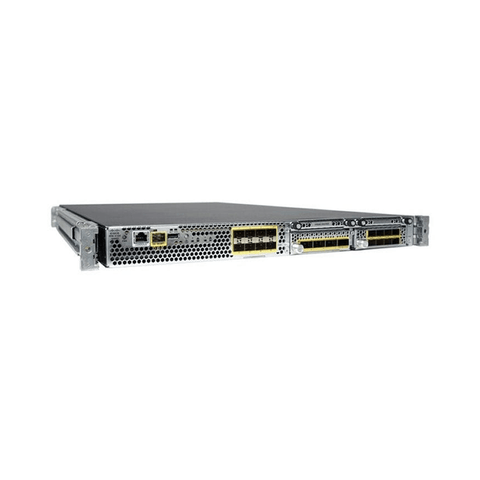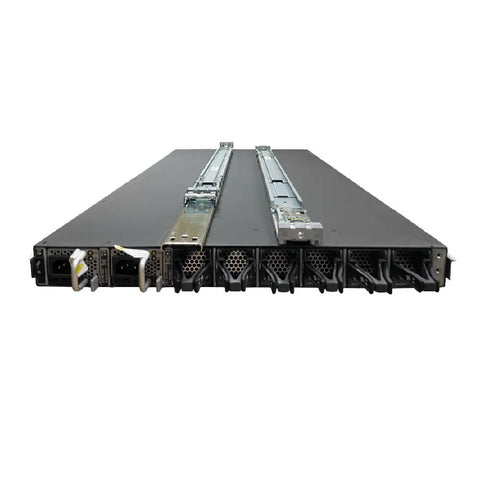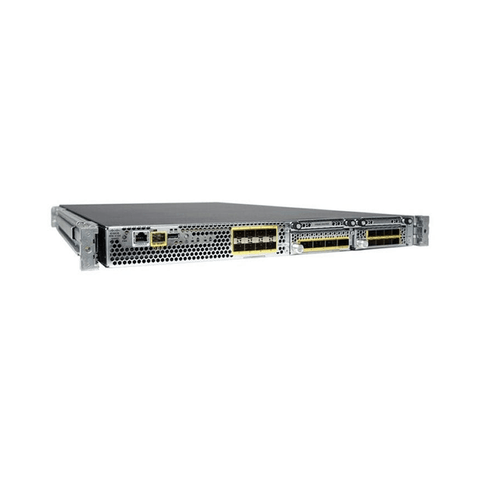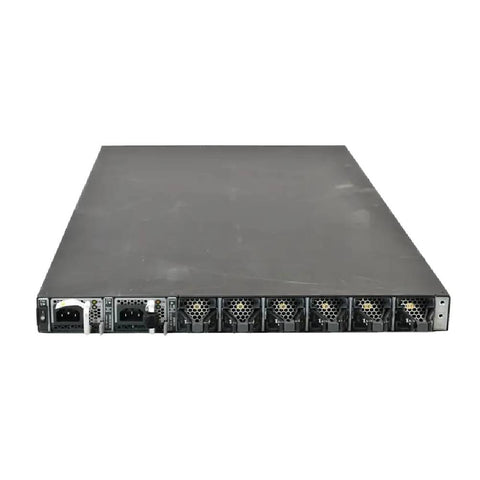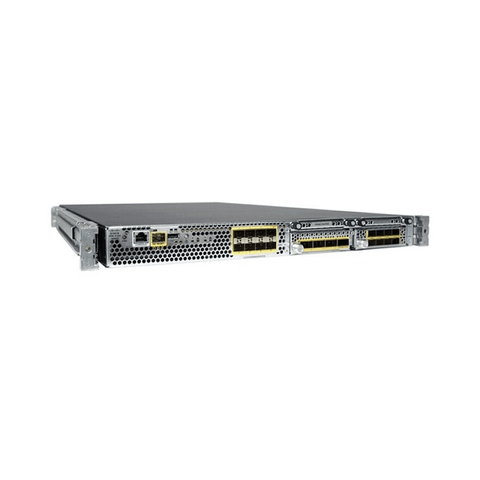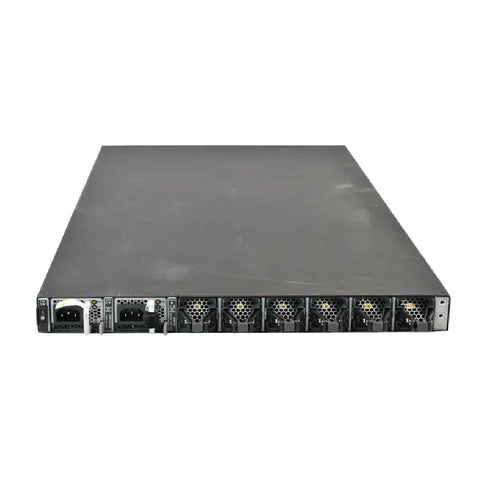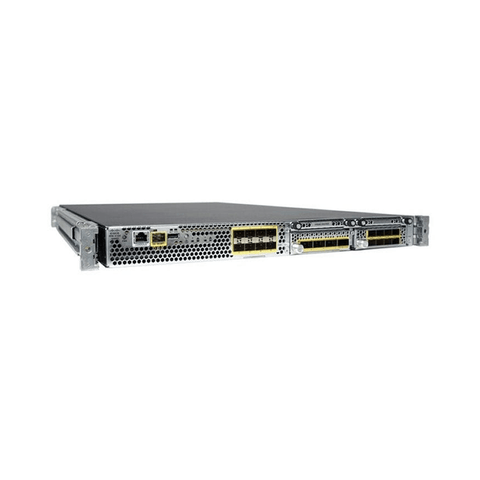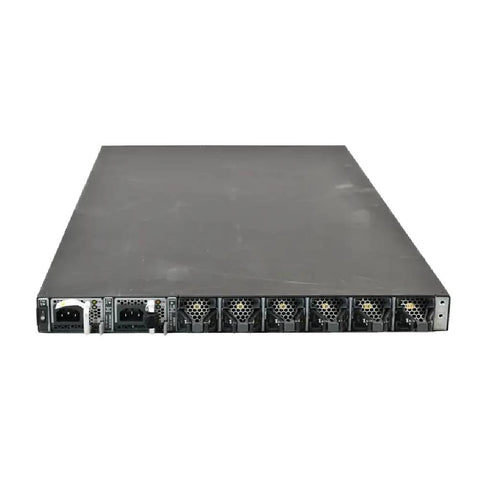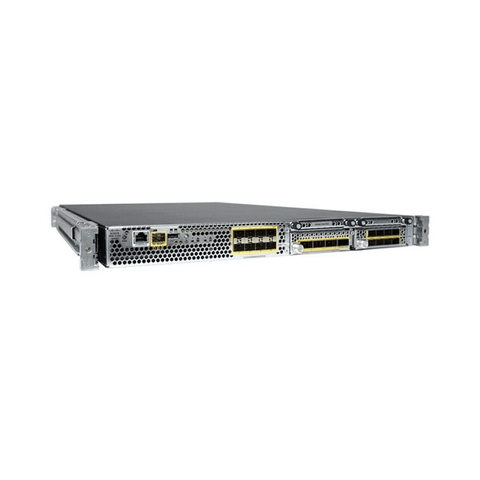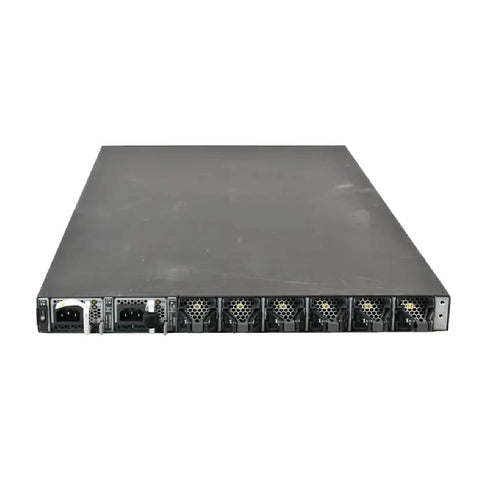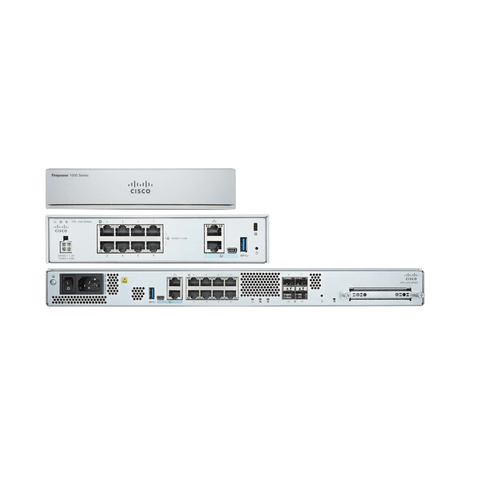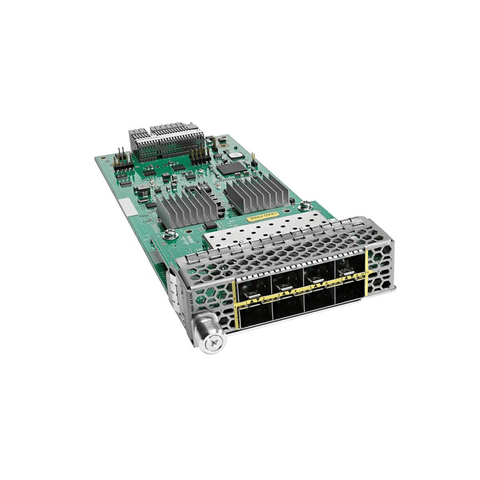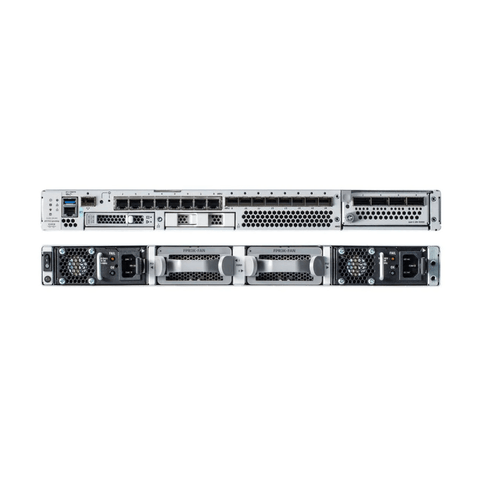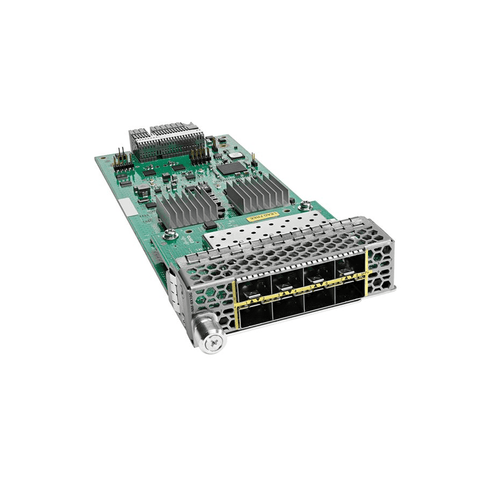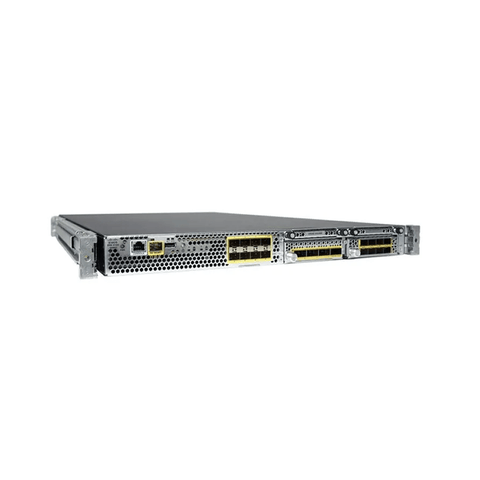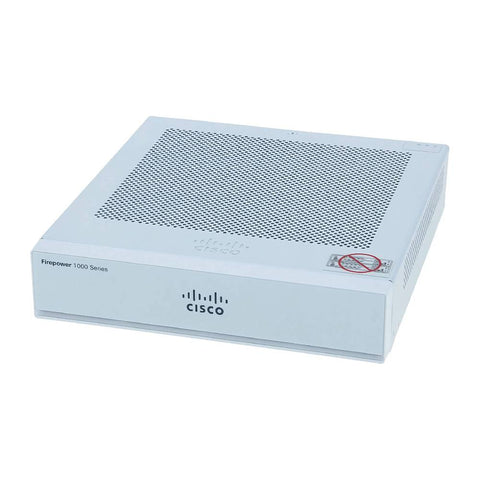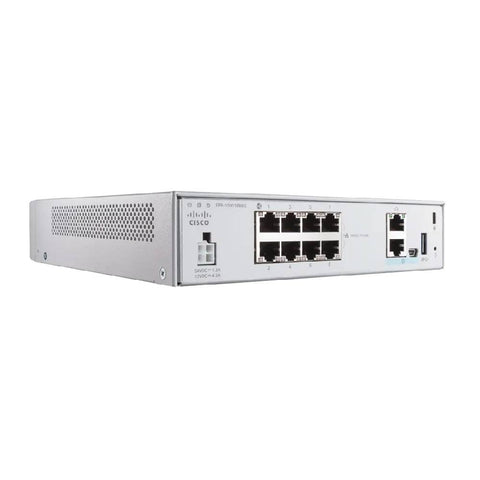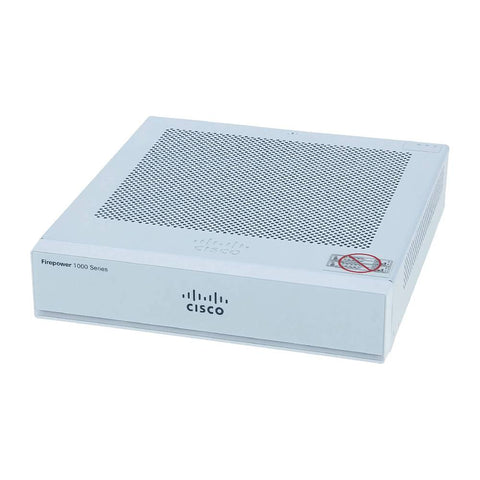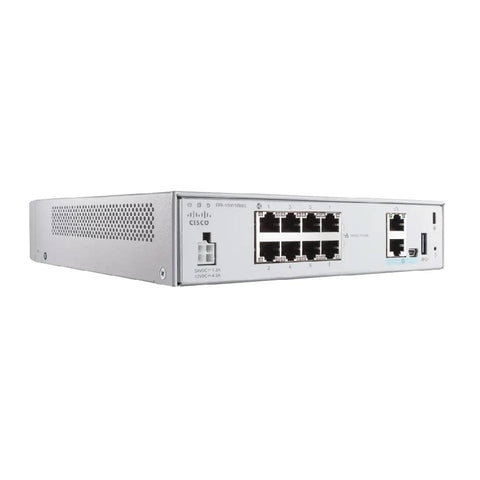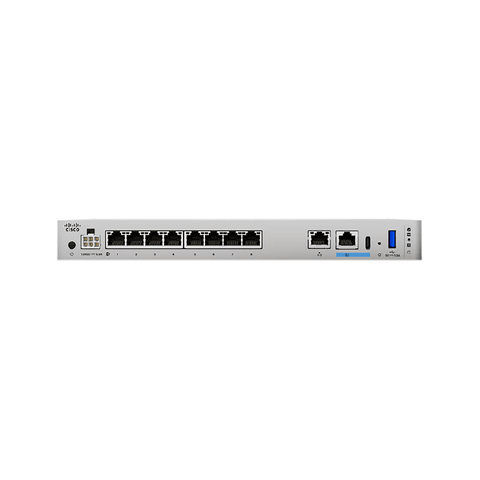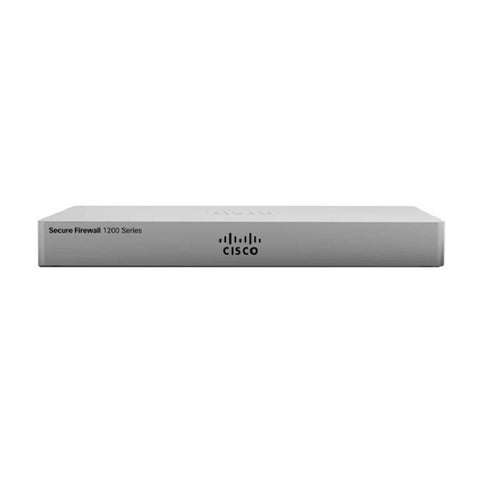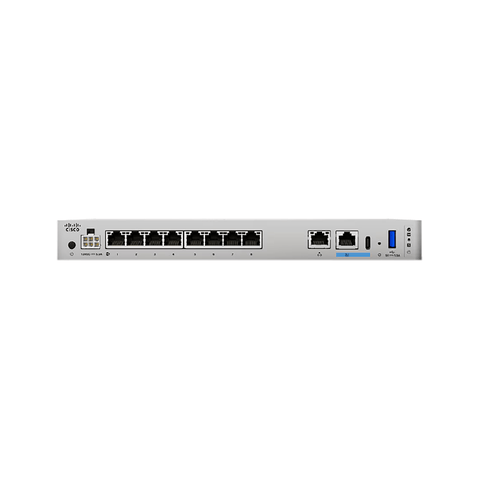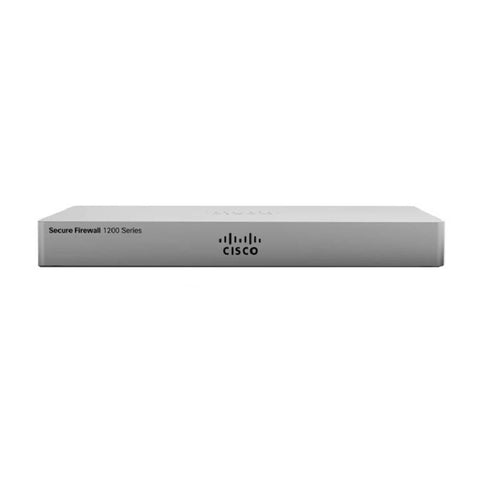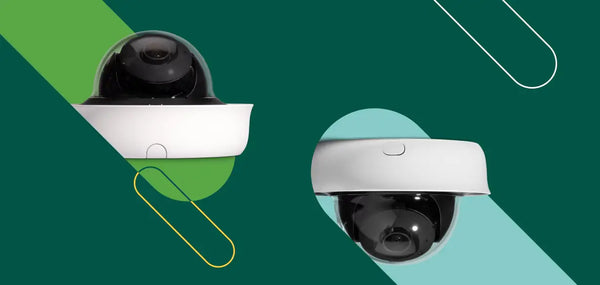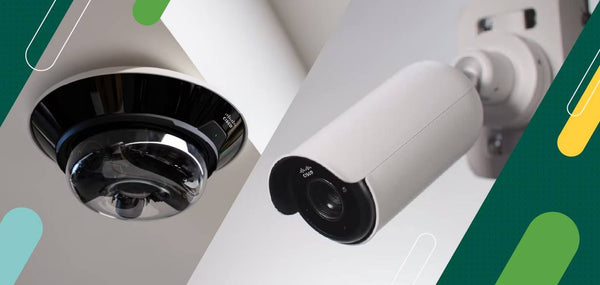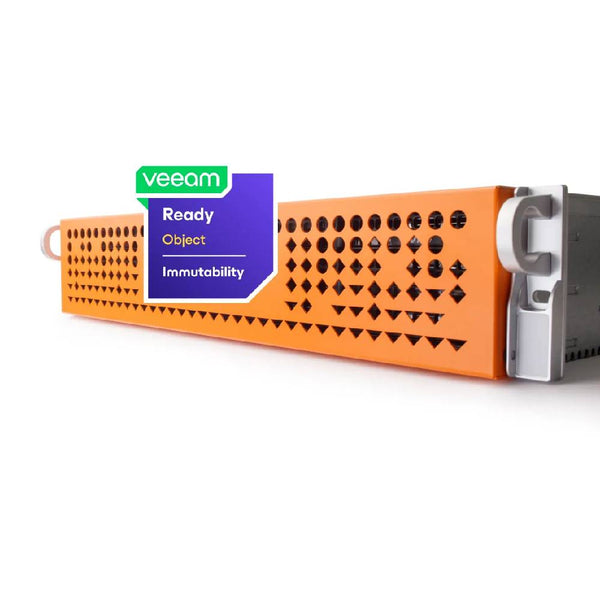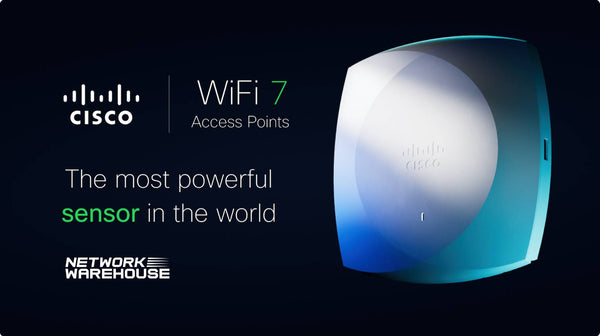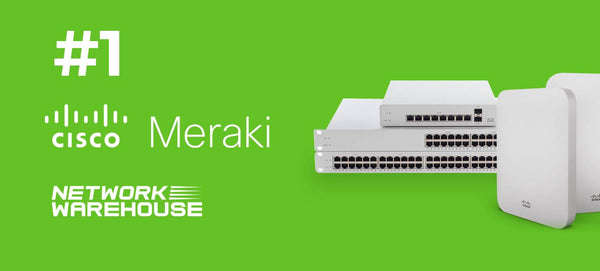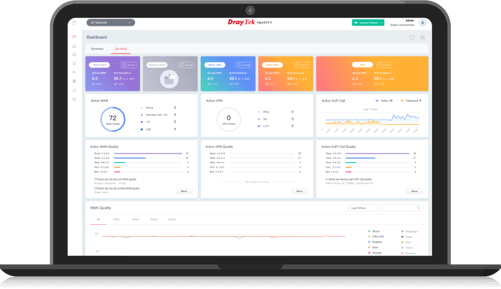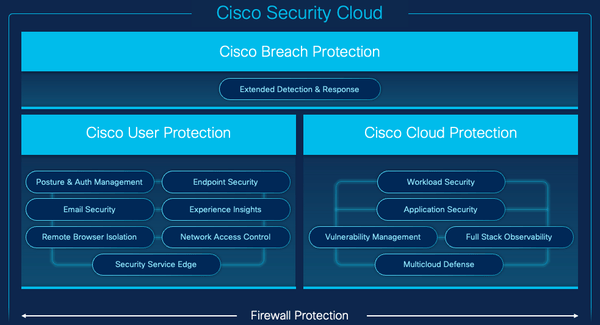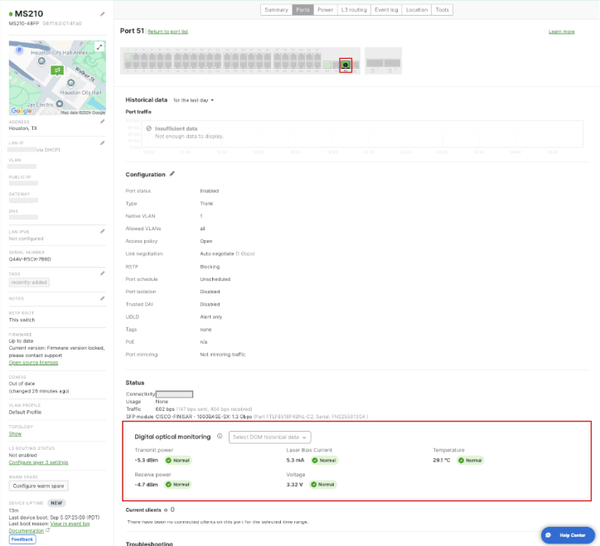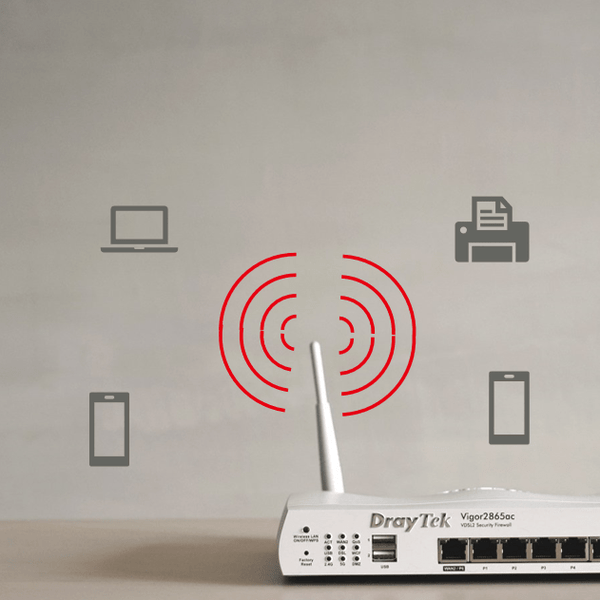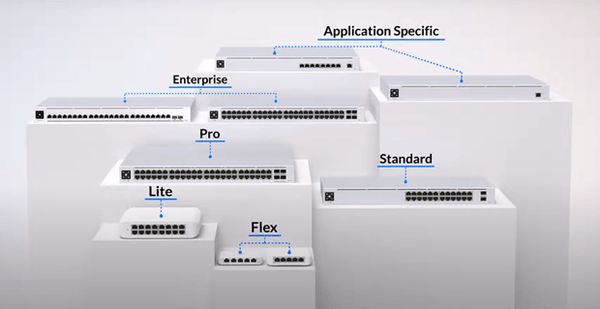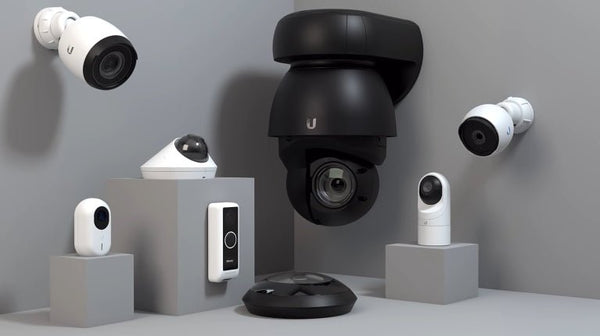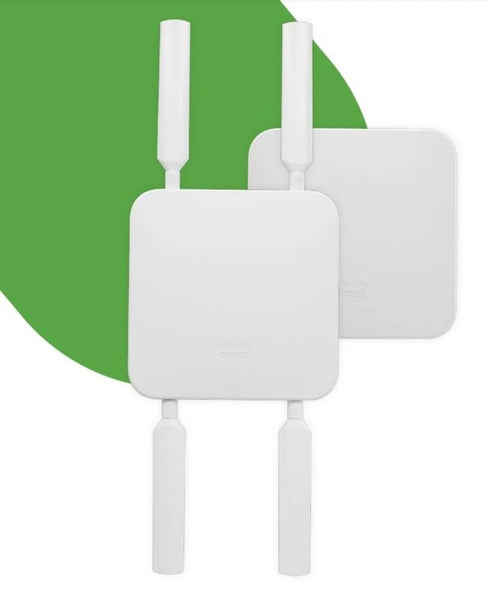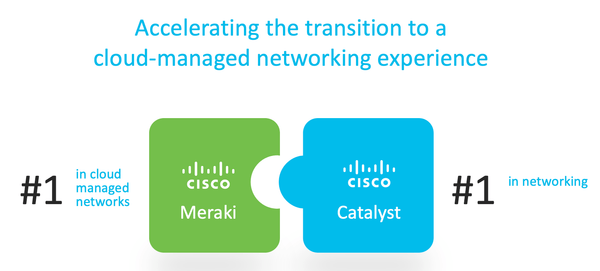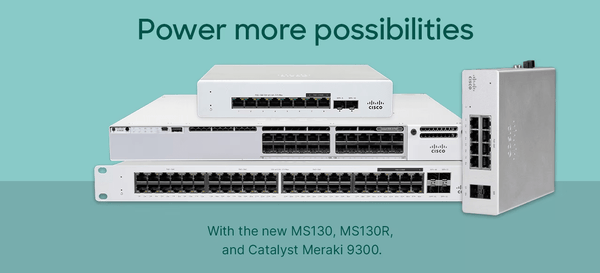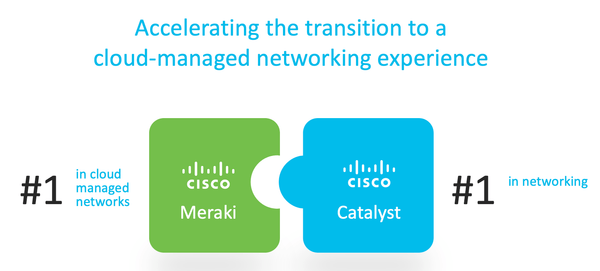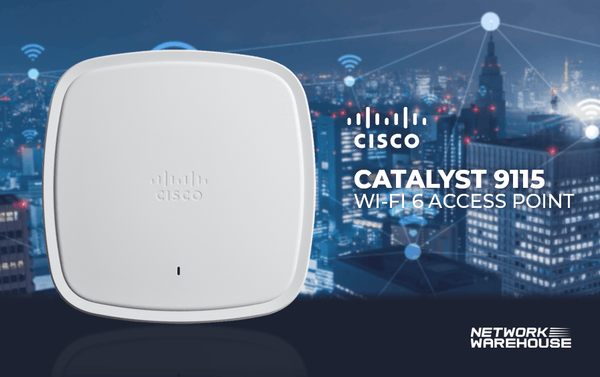CATEGORIES
- SHOP CISCO
-
SHOP CISCO NEXUS
-
Cisco Nexus 9200 Series
-
Cisco Nexus 9300-EX Series
-
Cisco Nexus 9300-FX Series
-
Cisco Nexus 9300-FX2 Series
-
Cisco Nexus 9300-FX3 Series
-
Cisco Nexus 9300-FX3S Series
-
Cisco Nexus 9300-FX3P Series
-
Cisco Nexus 9300 ACI Fixed Spline Series
-
Cisco Nexus 9300-GX Series
-
Cisco Nexus 9300-GX2 Series
-
Cisco Nexus 9400 Series
-
Cisco Nexus 9500 Series
-
Cisco Nexus 9800 Series
-
Cisco Nexus 9200 Series
- SHOP MERAKI
- SHOP ARUBA
- SHOP APC
- SHOP DRAYTEK
your product's name
your product's name
your product's name
your product's name
your product's name
your product's name
your product's name
your product's name
Converging On-Premises & Cloud Network Security Into a Unified Hybrid Strategy
Bridging On-Premises and Cloud Security with Cisco’s Latest Innovations Today...
Read moreStrengthening Retail Security and Loss Prevention
A positive shopping experience depends on more than just friendly service and...
Read moreThe Future of Work Demands Next-Gen WiFi
The way we work has undergone a radical transformation in recent years. Remot...
Read moreBuild Physical Security Superpowers with Smart Bullet Cameras and Multi-Imagers
How is your current physical security deployment doing? We consistently hear ...
Read moreNetwork Warehouse add Object First to its vendor portfolio
This week Network Warehouse became a fully authorised Object First solutions ...
Read moreThe Future of Business Connectivity: Wi-Fi 7 and OpenRoaming
Seamless, reliable connectivity isn’t just a nice-to-have anymore—it’s essent...
Read moreNetwork Warehouse Named #1 for Meraki
Network Warehouse have been named #1 for Cisco Meraki in the United Kingdom. ...
Read moreDrayTek VigorACS 3 – Network Management System
Want a cloud manged network but don't have the budget for Cisco Meraki. Take ...
Read moreSocial Engineering 201: How the Cisco User Protection Suite Safeguards Organizations
In Social Engineering 101, we shared the story of John, the well-meaning empl...
Read moreCisco Security and Splunk SIEM
How Splunk SIEM and Cisco Security work together The Splunk platform removes ...
Read moreMeraki Introducing SFP Optic Health Monitoring with Digital Optical Monitoring (DOM)
Being able to monitor the health of your fiber optic transceivers in real ti...
Read moreMeet the new Cisco Catalyst 1200 and 1300 Series Switches for SMBs
In today’s hyperconnected world where seamless customer experience is the ke...
Read more40 years later, the UPS is more important than ever for certainty in a connected world
Himamshu Prasad, September 4, 2024 This year, we celebrate the #40YearsOn an...
Read moreGetting Started with Ubiquiti UniFi
The World of UniFi works in tandem to fulfill the essential needs of modern...
Read moreMIMO & Beamforming
MIMO, Spatial Multiplexing, MU-Mimo & Beamforming When I was writing my...
Read moreWhich UniFi Switch is Right for Me?
UniFi switches help you power, connect, and process traffic across all of yo...
Read moreDon’t forget the uninterruptible power supply in your cybersecurity plan
Cybersecurity breaches through unauthorized access to hardware happen more o...
Read moreWhich Ubiquiti UniFi Protect Camera is Right for Me?
There are many factors to consider when deciding which UniFi Protect cameras...
Read moreHow to get long term value from a modular single-phase UPS
Michael Mahan, July 20, 2024 When purchasing a single-phase uninterruptible ...
Read moreSimplify 5G Fixed Wireless Access and Scale Secure Connectivity to More Places
Pratik Desai, May 29 2024 Cisco introduces its first 5G Standalone (SA) fix...
Read moreCreating a Long-Term Strategy for Secure Remote Work
By Kamden Schewitz, Dec '23 Keep distributed teams connected and secur...
Read moreCisco Live 2023: Cross-Product Integration
By Zeus Kerravala, 2023 At Cisco’s global user event, Cisco Live, held recen...
Read morePower meets simplicity with the Meraki Catalyst 9300-M
By Minyi Pan, October 2023 In our recent blog announcing new Meraki cloud-ma...
Read moreOnboard your Cisco Catalyst Switches in the Meraki Dashboard today
By Alphonsine Anderson, 2023 Cisco Catalyst (IOS-XE) coming to the Meraki Clo...
Read morePowering New Customer Experience Possibilities
By Tony Carmichael, 2023 Check out the new Cisco Meraki MS130, MS130R, and Ca...
Read moreUnifying Security: Elevate Your Zero Trust Strategy with Cisco’s Duo and Cisco Secure Access
By Jeff Yeo, 2023 In the ever-changing landscape of cybersecurity, the concep...
Read moreWatchGuard Achieves the Highest Recognition
WatchGuard has been named Leader in the latest G2 Grid Report and honored wi...
Read moreIT Leaders Contend with Secure Multicloud Access – The 2023 Global Networking Trends Report
By Derek Mitsumori, 2023 What do you get when a massively distributed workfo...
Read moreCisco Catalyst Gains ‘Industry-Changing’ Simplicity With Meraki Cloud Management Option
The tech giant announces a breakthrough in network management at Cisco Live 2...
Read moreMeraki Go Router Firewall Plus Is The Smart And Easy Way To Secure A Network
If you run a business, you’ll know it’s vital to protect your network and its...
Read moreCisco collaborates with Mazak to innovate in sustainable manufacturing
Working together to build a bridge between productivity and sustainability. “...
Read moreSimplify Security with Managed Cloud Video Surveillance
Maximize business intelligence and adapt to the shifting tech landscape. Chal...
Read moreCisco helps Starbucks brew up efficiency through network automation
A full stack Meraki solution for premium customer experience. It was a relief...
Read moreSee beyond Believing with Smart Cameras
Leveraging video intelligence for agile factories As manufacturers large and ...
Read moreThe best cyber-defense? An analyst who understands offense
Lurene Grenier knows how to build a cyberweapon. Good thing she’s on Cisco’s ...
Read moreCisco Business Mobile app
The Cisco Business Mobile app lets you set up and control your Cisco Business...
Read moreCisco Business Wireless app
The Cisco Business Wireless Mobile app lets you set up and control your Cisco...
Read moreMapping the Way to a More Connected Community
Tech trends and solutions to help steer your journey Over the last decade, ...
Read moreNetworking Demystified: Why Wi-Fi 6E is Hot and Why You Should Care
Wi-Fi 6E is here and the worldwide Wi-Fi community is buzzing about it. But ...
Read moreTop Tech Trends Driving Retail Customer Experiences
Blend e-commerce convenience with in-store tactics for five-star experiences ...
Read moreAccelerating a revolution in autonomous travel
Powered by Cisco, Oxbotica’s AI platform is changing how the earth moves. Whe...
Read moreIntroducing a New Dashboard Landing Experience
Simple, not basic “Everything should be made as simple as possible, but not s...
Read moreTransform your network operations with the cloud-delivered power of Nexus Cloud
In this blog I will delve into details of the new Cisco Nexus Cloud, which g...
Read moreTransforming Hotel Operations with Smart Technology
Increased efficiencies ensure hotel facility managers rest easy at night Thin...
Read moreWiFi 6, for the next wave in ubiquitous connectivity
Cisco’s WiFi 6 solutions are supporting a secure, fast, low-latency future. I...
Read moreBuild Smarter Experiences with Cloud-Managed Networking
Cloud-managed networking has emerged as a critical solution for IT leaders w...
Read moreHyperconnectivity with steady performance in demanding environments
Hyperconnectivity with steady performance in demanding environments. Exponen...
Read moreGraduate to Elevated Campus Experiences
Five ways IoT technologies can modernise IT, facilities, and operationsAs un...
Read moreHow privacy became mission critical
“It’s a really exciting time to be in the privacy field,” said Harvey Jang, ...
Read moreHow to Amp Up Guest Experiences—and Profits
Hospitality industry uses tech infrastructure to boost loyalty, revenue, and ...
Read more
Jon Petanya
Network Administrator
Great customer service which means more to us than just the low prices.
Cisco Nexus 9800 Series Switch | Supervisor
£15,026.86 inc vat
N9K-C9800-SUP-A=
Contact Support
Downloads
Datasheet
About This Product
Cisco Nexus 9800 Series Switches provide high-density 400G solutions in a chassis designed for future transition to high-density 800G and higher speeds.
The Cisco Nexus 9800 Series modular switches expand the Cisco Nexus 9000 Series portfolio with a new chassis that supports very high-speed and port-density line cards.
Data centers continue to evolve to support next-generation applications and high performance compute workloads that drive massive growth in intra-data-center traffic. Furthermore, the rapid increase in Artificial Intelligence and Machine Learning (AI/ML) workloads have challenged data-center fabrics to support faster job completion times to minimize idle time for the compute nodes. To support this growth, data-center operators require scalable, high-capacity, high-speed, and highly efficient switches.
The Cisco Nexus 9800 Series chassis architecture can scale from 57 Tbps to 115 Tbps with a combination of various first-generation line cards and fabric modules. Each line card slot in the chassis can support line cards that offer 400GE or 100GE ports now and higher speeds in the future.
The design of the Cisco Nexus 9800 Series chassis is a significant improvement on the previous-generation modular chassis design, with better power distribution and connectors, fans, and a thermal design that allow the chassis to scale up to higher Ethernet speed line cards and fabric modules in the future. These design principles allow the doubling of total system capacity with next-generation line cards and fabric modules that support higher speed ports such as 800G at the same port density per slot as that of current-generation line cards.
The Cisco Nexus 9800 Series Switch line cards and fabric modules are built with power-efficient, high-performance, and high-capacity Cisco® ASICs that support dynamic flowlet load balancing, fully shared on-die packet buffering, and line-rate performance for small packets. The Cisco ASIC also has built-in ingress Virtual Output Queueing (VOQ) capabilities that provide the basis for faster job completion times, which is critical for AI/ML fabrics. The ASIC provides these capabilities without compromising on data-center spine/super-spine features, making the Cisco Nexus 9800 Series Switches an optimized platform to build fabrics that can support high-bandwidth applications and compute-intensive AI/ML workloads across data centers of varying sizes and scales.
The fabric capacity in a Cisco Nexus 9800 Series chassis is delivered by up to eight fabric modules with n+1 fabric module redundancy. Varying the number of fabric modules allows the chassis to provide fabric module redundancy and sufficient line-rate capacity for line cards with different port speeds and port densities.
Furthermore, the chassis architecture supports control-plane redundancy with dual supervisors, data-plane redundancy with up to eight fabric modules, fan-tray redundancy with four fan trays, and power-supply redundancy with up to 12 high-efficiency power supplies.
Moreover, the high capacity and port density of the Cisco Nexus 9800 Series Switches enable data-center fabrics to scale up even while keeping the required number of spines lower. This results in lower overall infrastructure costs and higher overall power efficiency across the data center.
🚀 1-2 Days Express DeliveryDownloads
Datasheet
About This Product
Cisco Nexus 9800 Series Switches provide high-density 400G solutions in a chassis designed for future transition to high-density 800G and higher speeds.
The Cisco Nexus 9800 Series modular switches expand the Cisco Nexus 9000 Series portfolio with a new chassis that supports very high-speed and port-density line cards.
Data centers continue to evolve to support next-generation applications and high performance compute workloads that drive massive growth in intra-data-center traffic. Furthermore, the rapid increase in Artificial Intelligence and Machine Learning (AI/ML) workloads have challenged data-center fabrics to support faster job completion times to minimize idle time for the compute nodes. To support this growth, data-center operators require scalable, high-capacity, high-speed, and highly efficient switches.
The Cisco Nexus 9800 Series chassis architecture can scale from 57 Tbps to 115 Tbps with a combination of various first-generation line cards and fabric modules. Each line card slot in the chassis can support line cards that offer 400GE or 100GE ports now and higher speeds in the future.
The design of the Cisco Nexus 9800 Series chassis is a significant improvement on the previous-generation modular chassis design, with better power distribution and connectors, fans, and a thermal design that allow the chassis to scale up to higher Ethernet speed line cards and fabric modules in the future. These design principles allow the doubling of total system capacity with next-generation line cards and fabric modules that support higher speed ports such as 800G at the same port density per slot as that of current-generation line cards.
The Cisco Nexus 9800 Series Switch line cards and fabric modules are built with power-efficient, high-performance, and high-capacity Cisco® ASICs that support dynamic flowlet load balancing, fully shared on-die packet buffering, and line-rate performance for small packets. The Cisco ASIC also has built-in ingress Virtual Output Queueing (VOQ) capabilities that provide the basis for faster job completion times, which is critical for AI/ML fabrics. The ASIC provides these capabilities without compromising on data-center spine/super-spine features, making the Cisco Nexus 9800 Series Switches an optimized platform to build fabrics that can support high-bandwidth applications and compute-intensive AI/ML workloads across data centers of varying sizes and scales.
The fabric capacity in a Cisco Nexus 9800 Series chassis is delivered by up to eight fabric modules with n+1 fabric module redundancy. Varying the number of fabric modules allows the chassis to provide fabric module redundancy and sufficient line-rate capacity for line cards with different port speeds and port densities.
Furthermore, the chassis architecture supports control-plane redundancy with dual supervisors, data-plane redundancy with up to eight fabric modules, fan-tray redundancy with four fan trays, and power-supply redundancy with up to 12 high-efficiency power supplies.
Moreover, the high capacity and port density of the Cisco Nexus 9800 Series Switches enable data-center fabrics to scale up even while keeping the required number of spines lower. This results in lower overall infrastructure costs and higher overall power efficiency across the data center.
Related Products
Cisco Nexus 9800 Series Switch | Chassis Options
£21,037.61 inc VAT
Contact Support
Cisco Nexus 9800 Series Switch | Fabric Modules
£24,042.96 inc VAT
Contact Support
Cisco Nexus 9800 Series Switch | Accessories
Contact Support
£901.61 inc VAT
Contact Support

